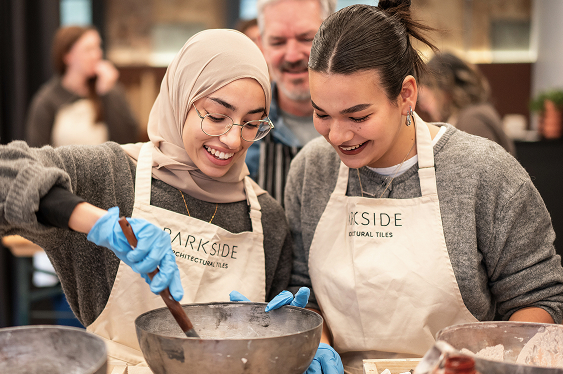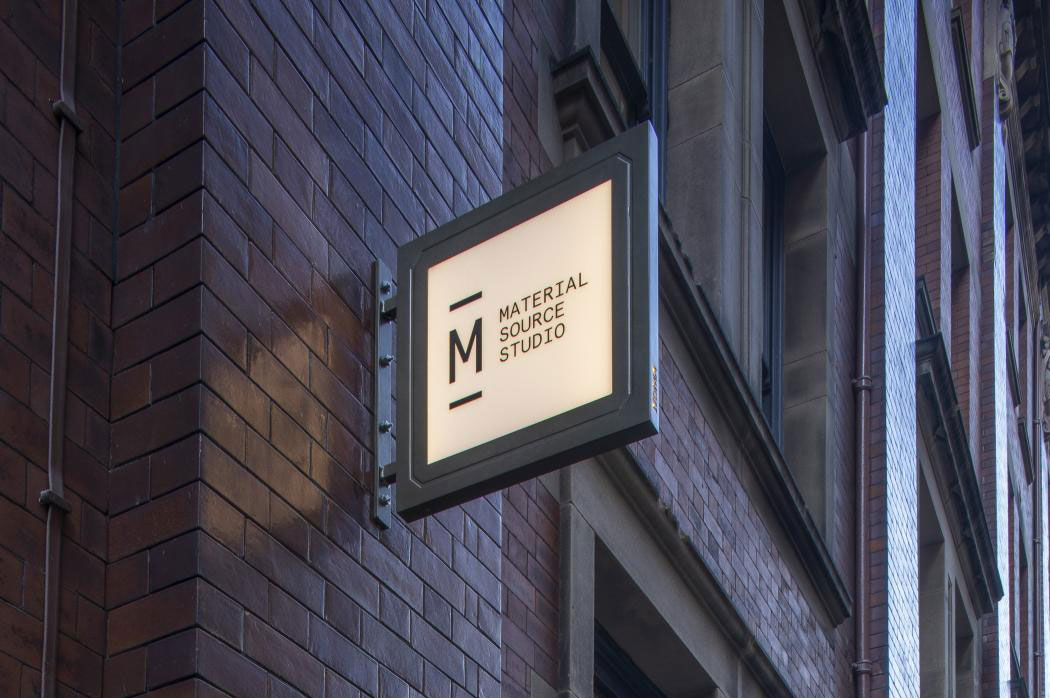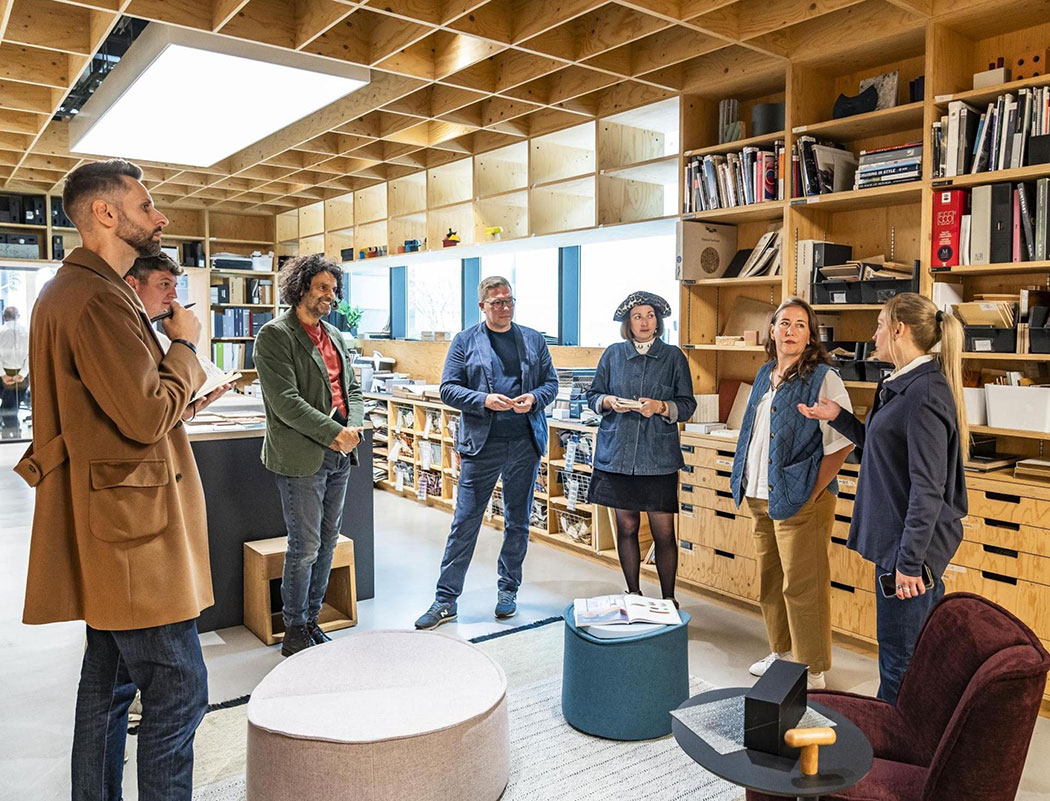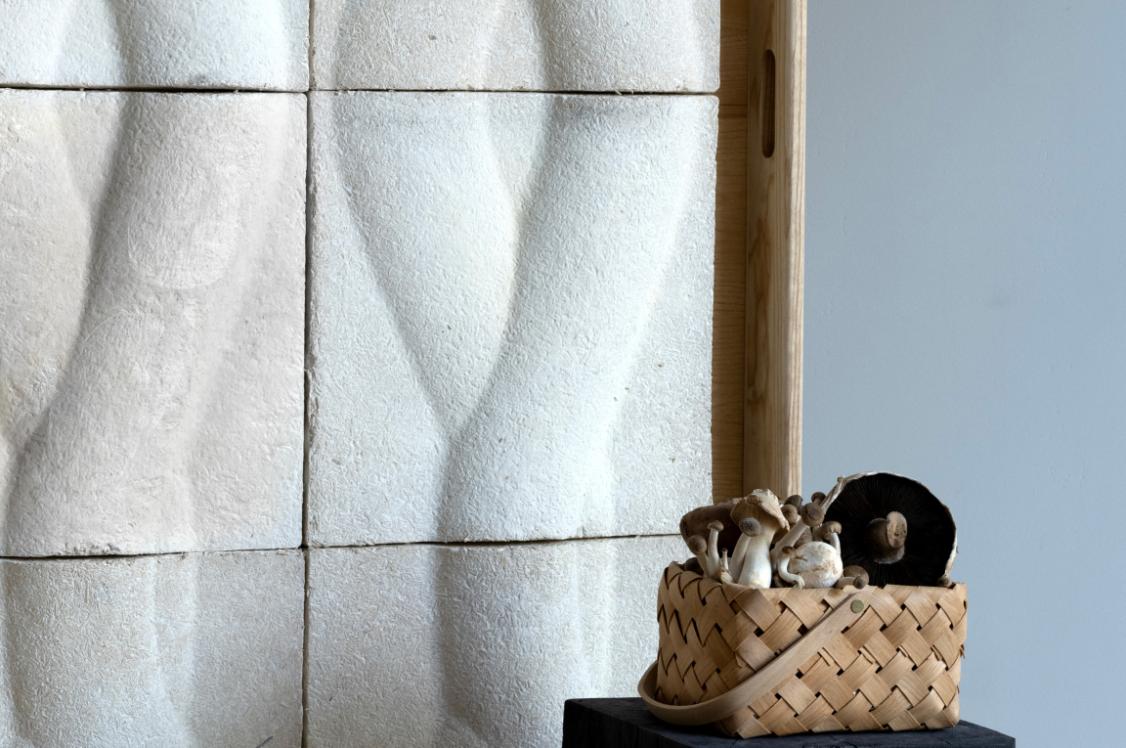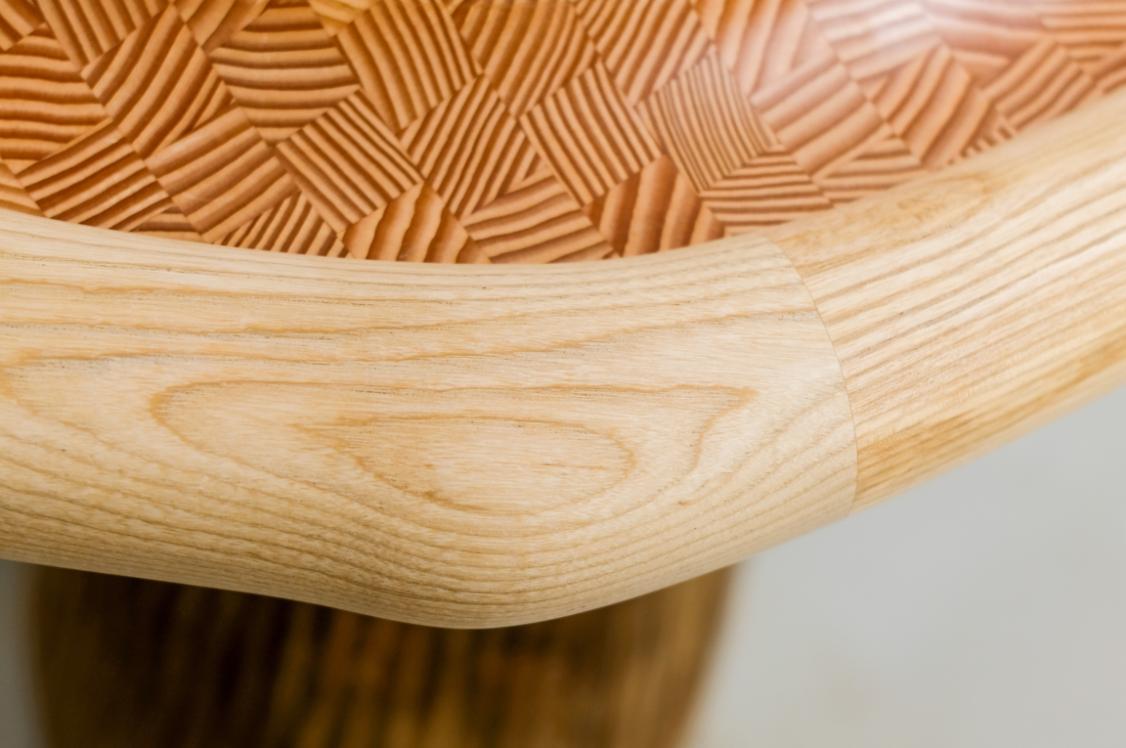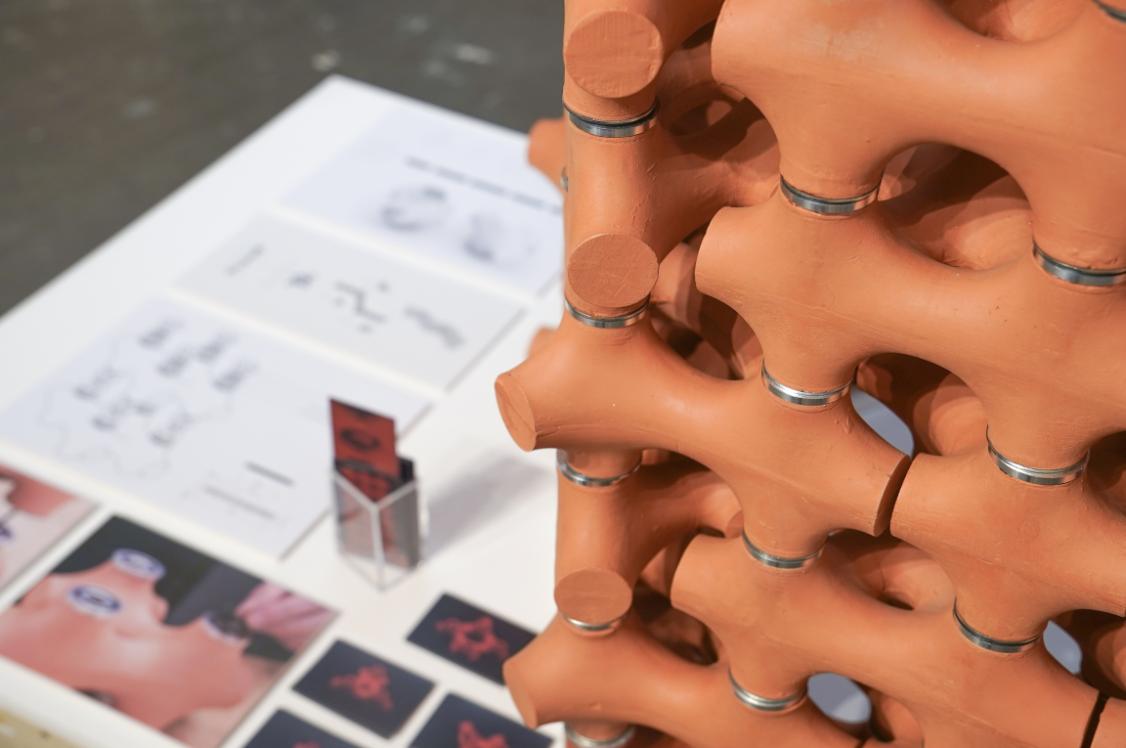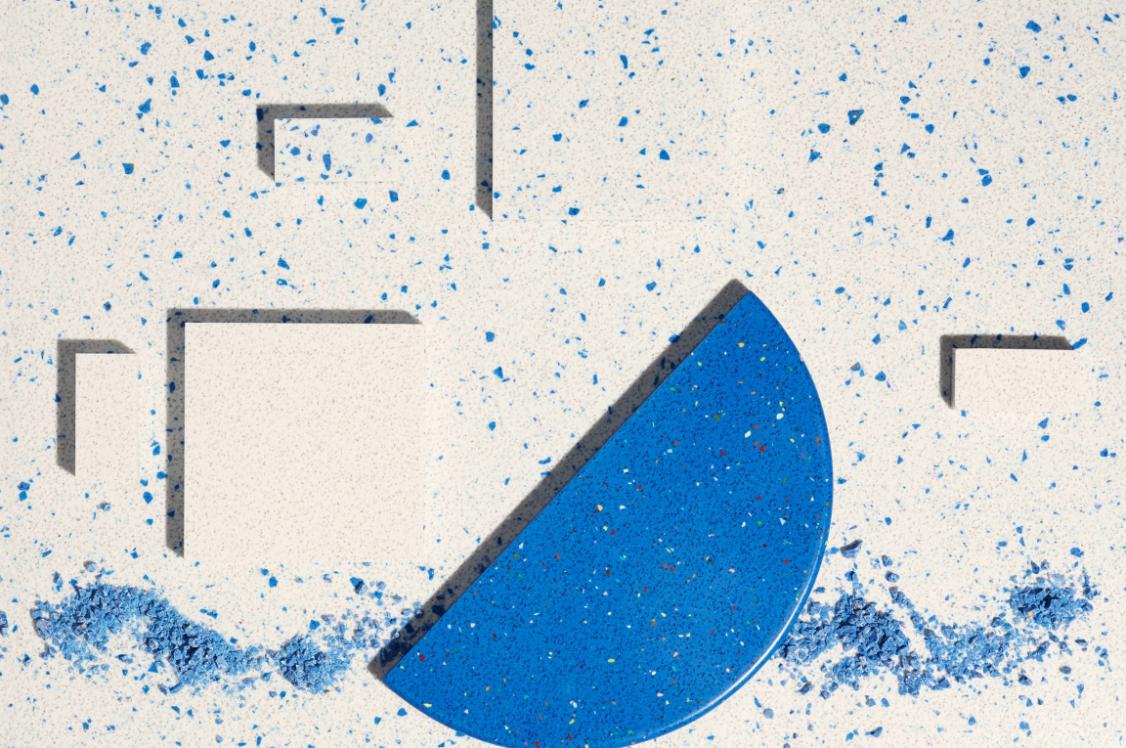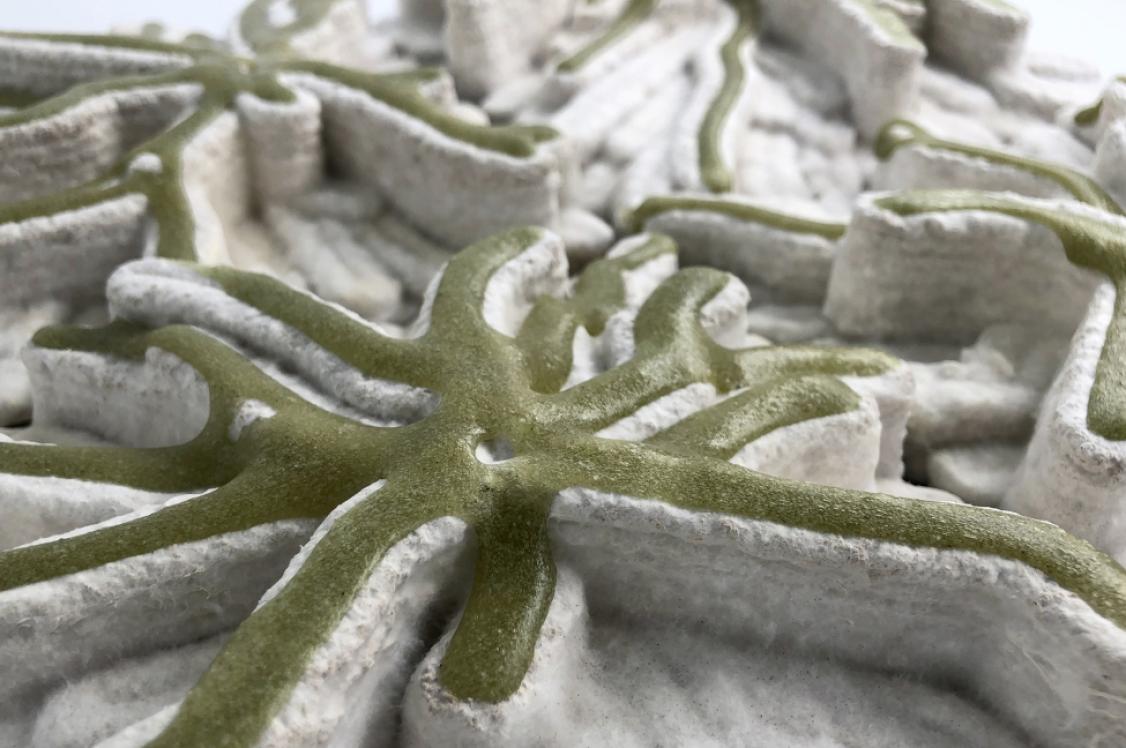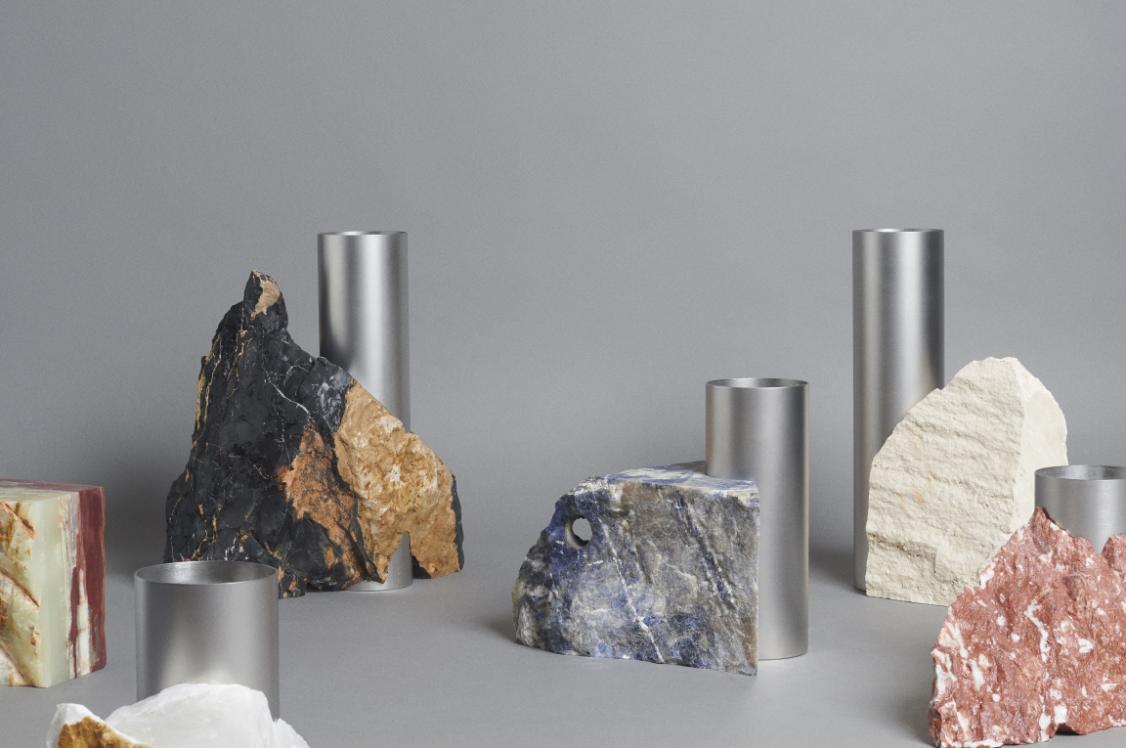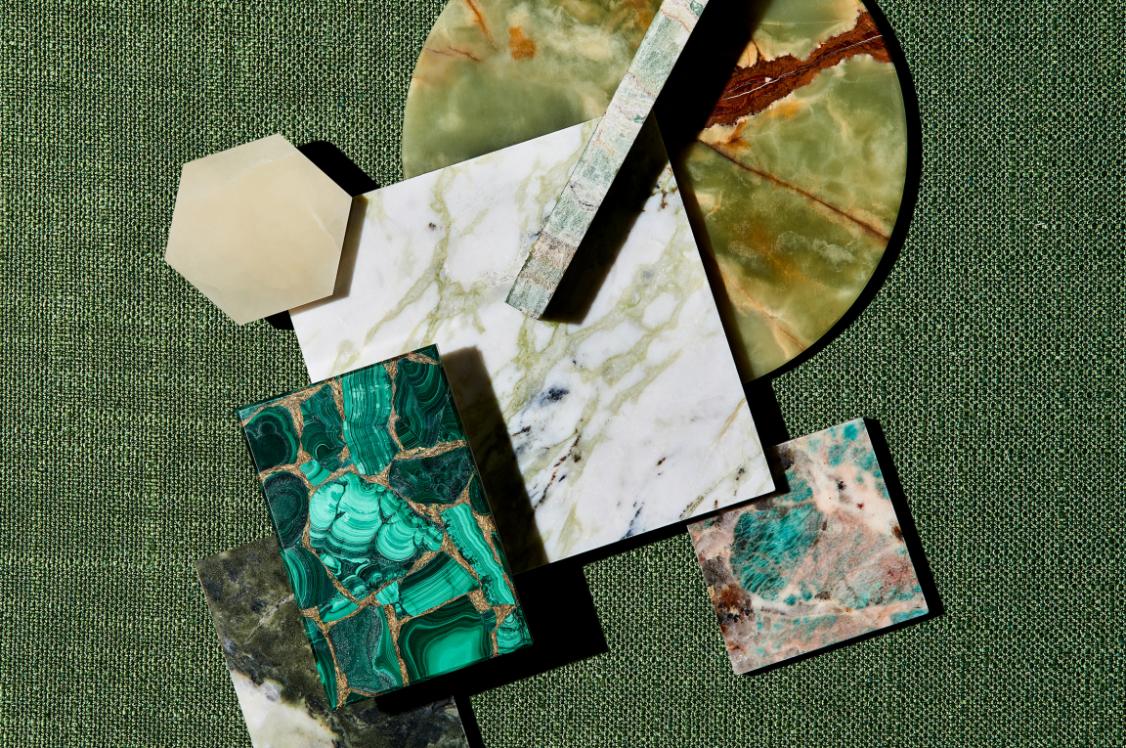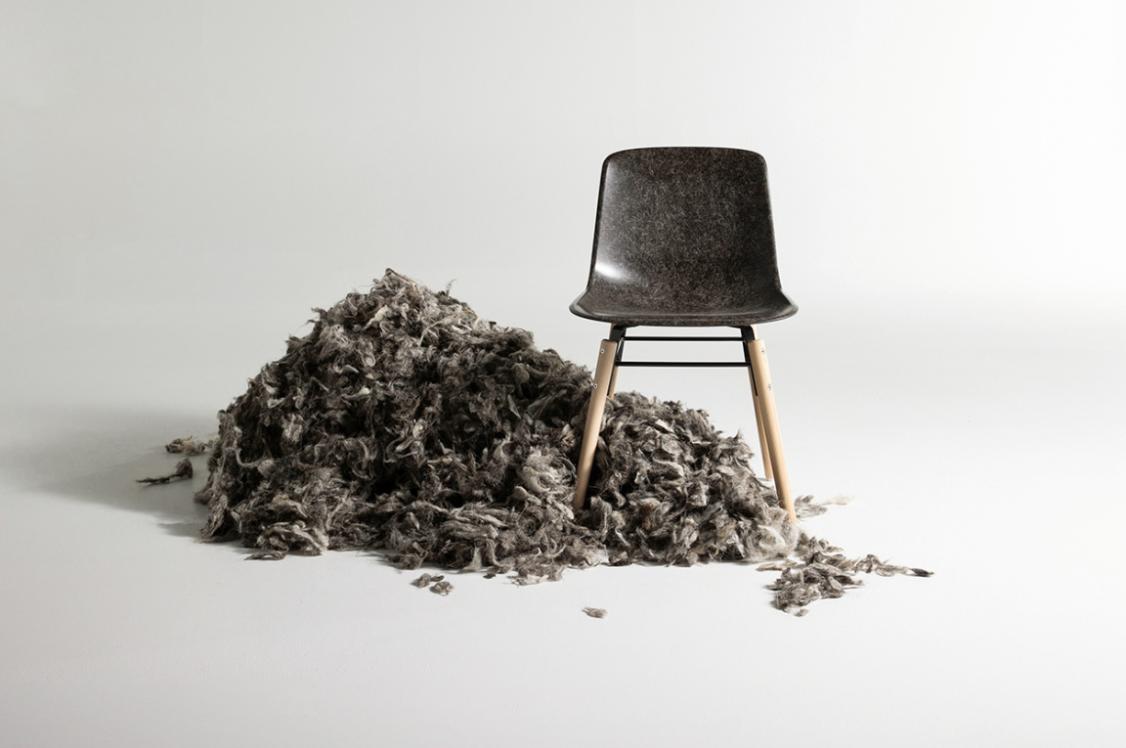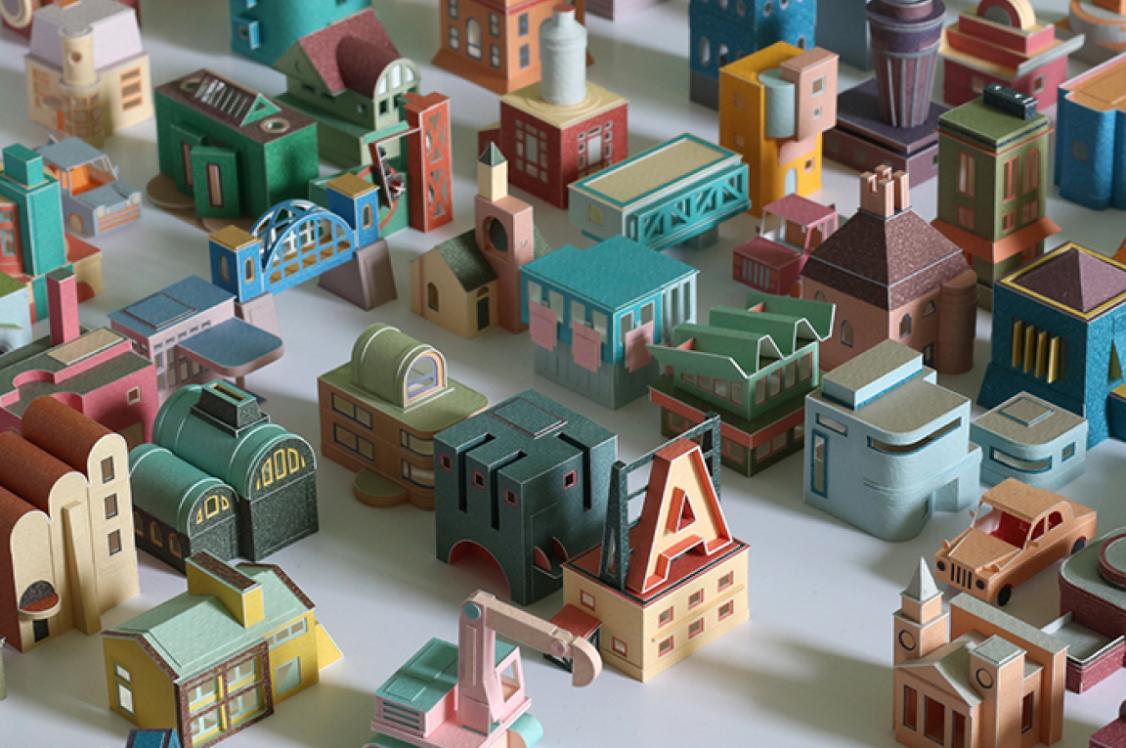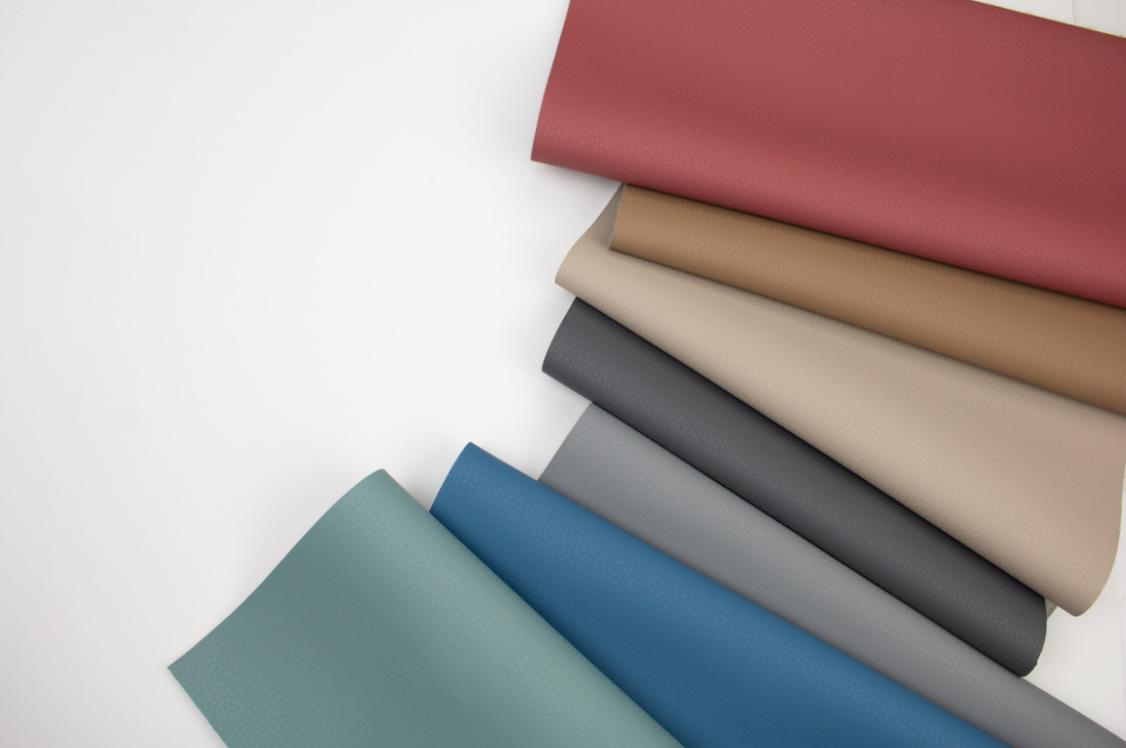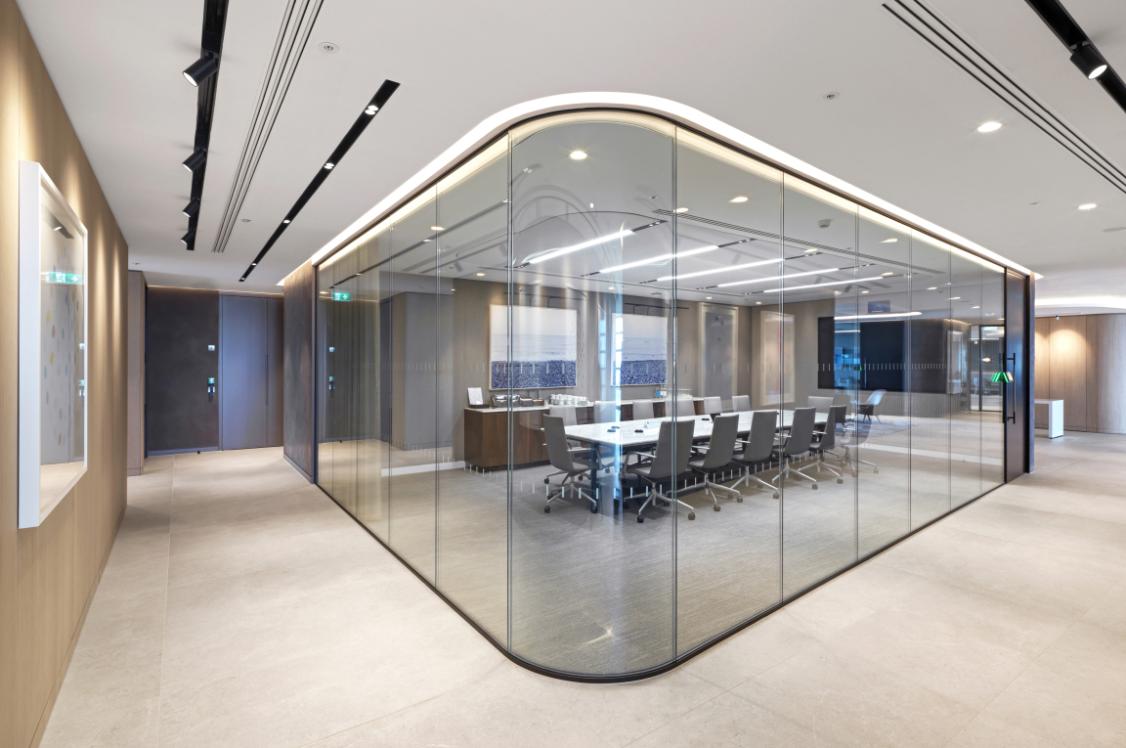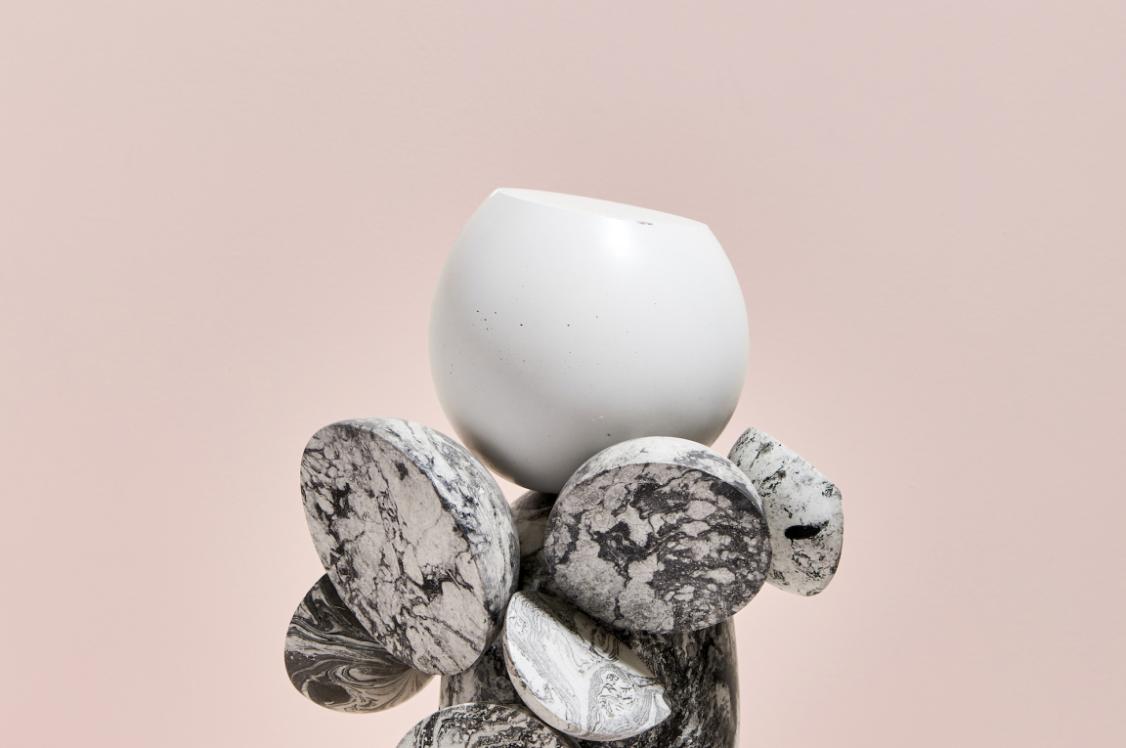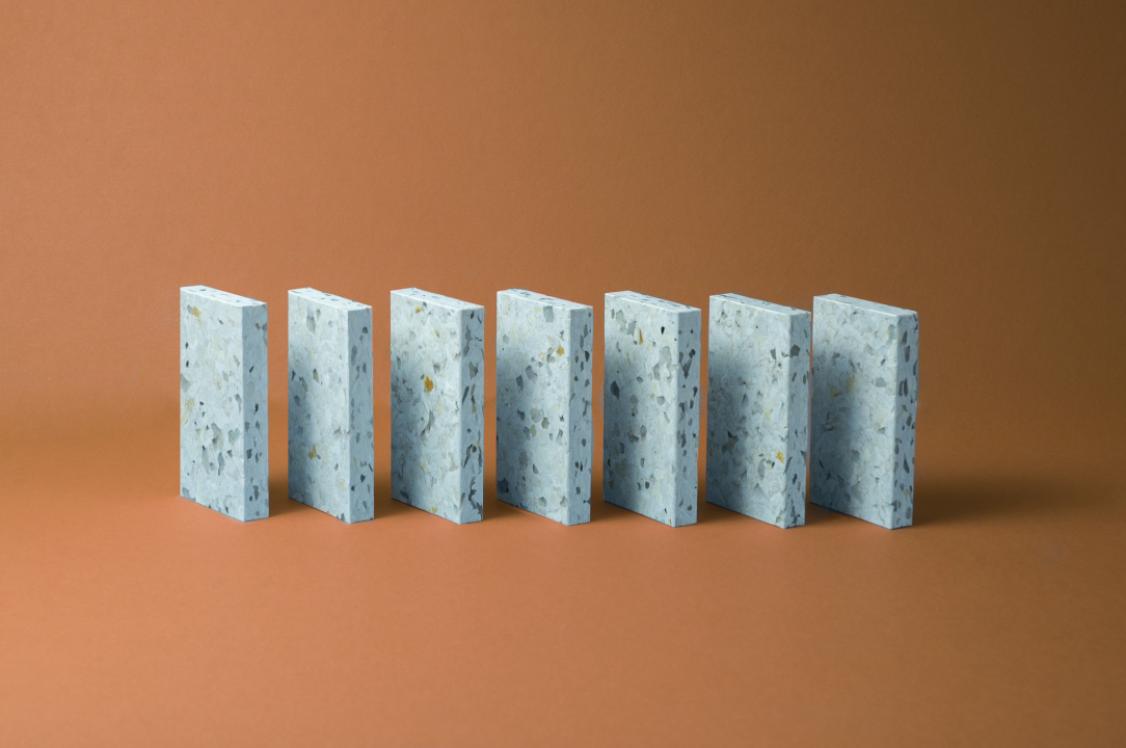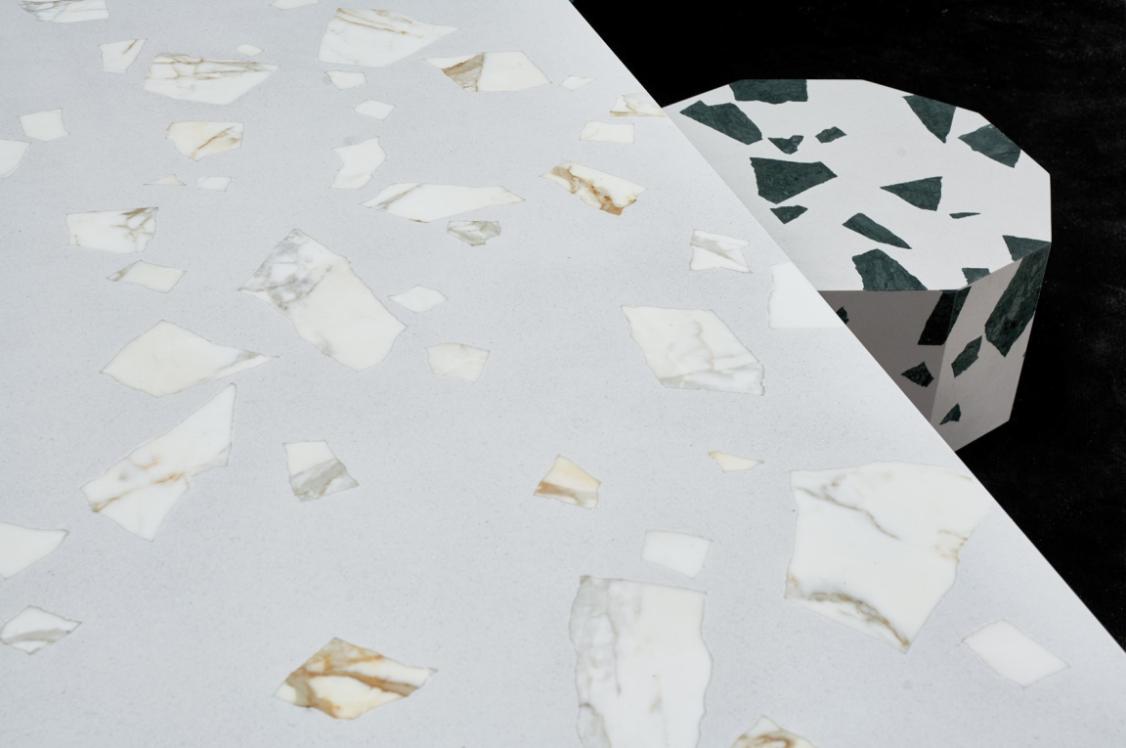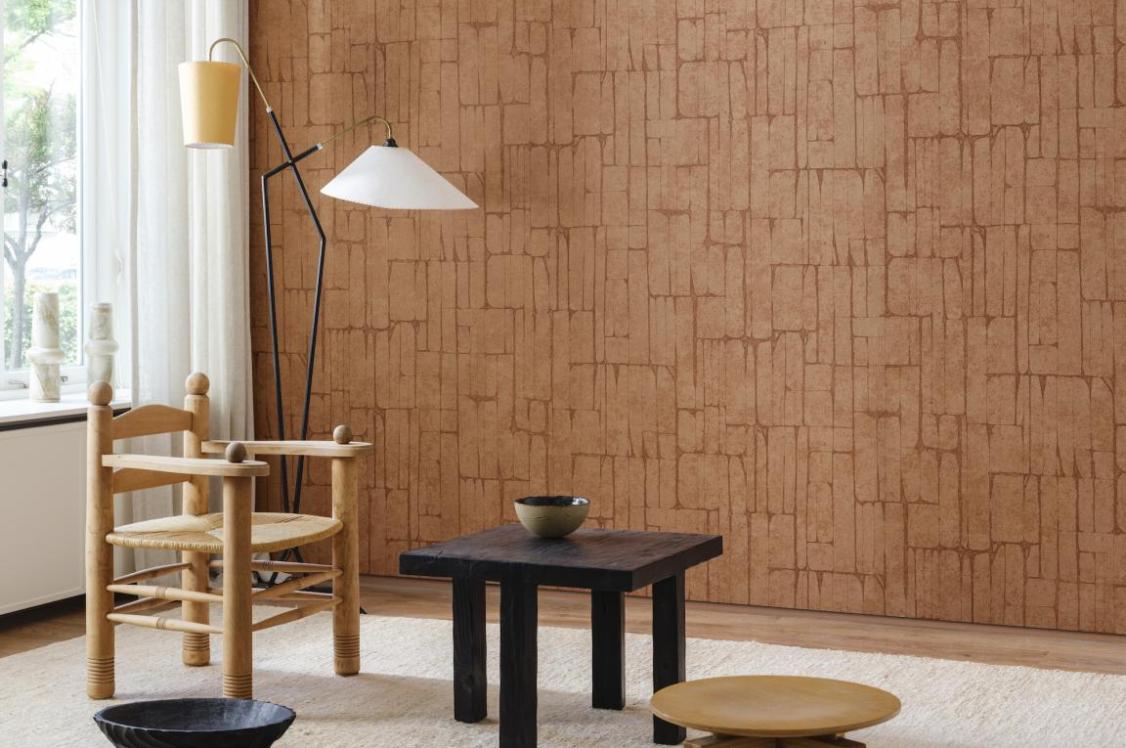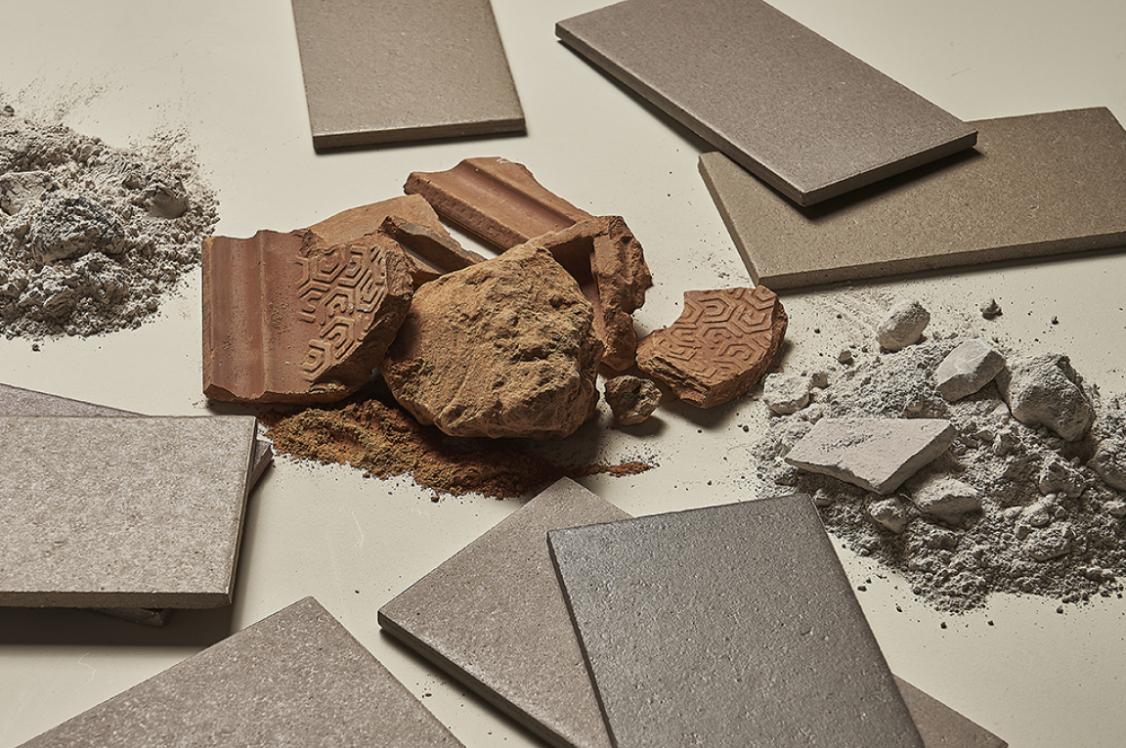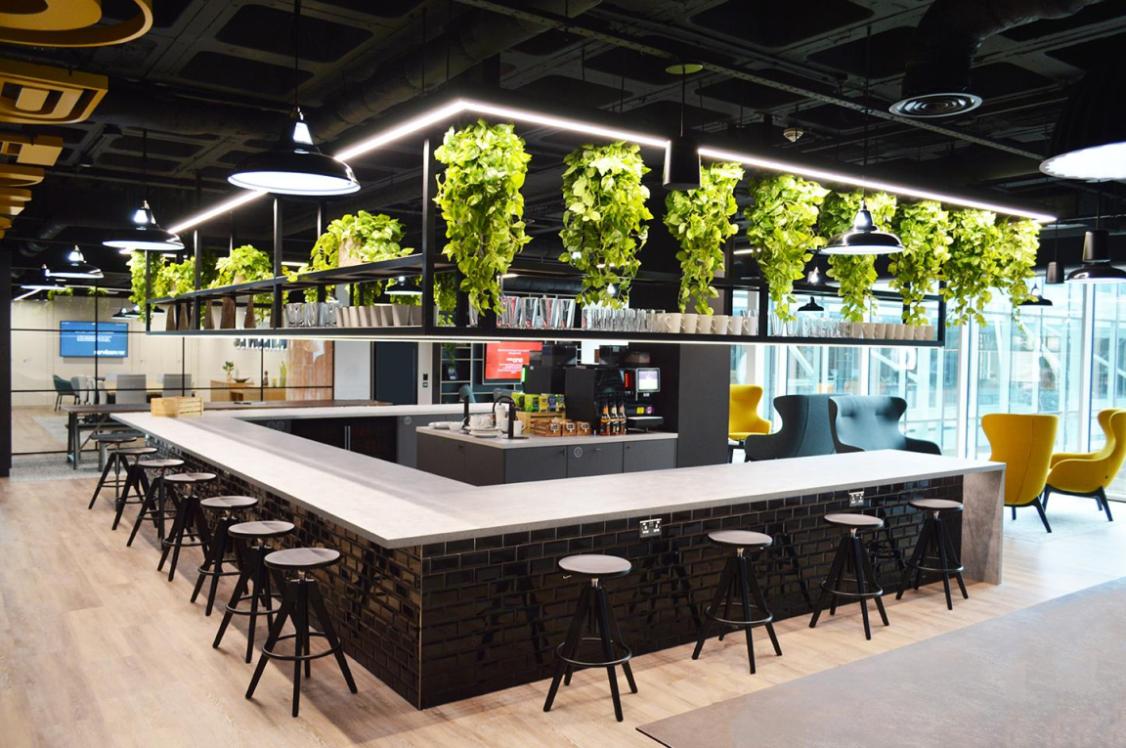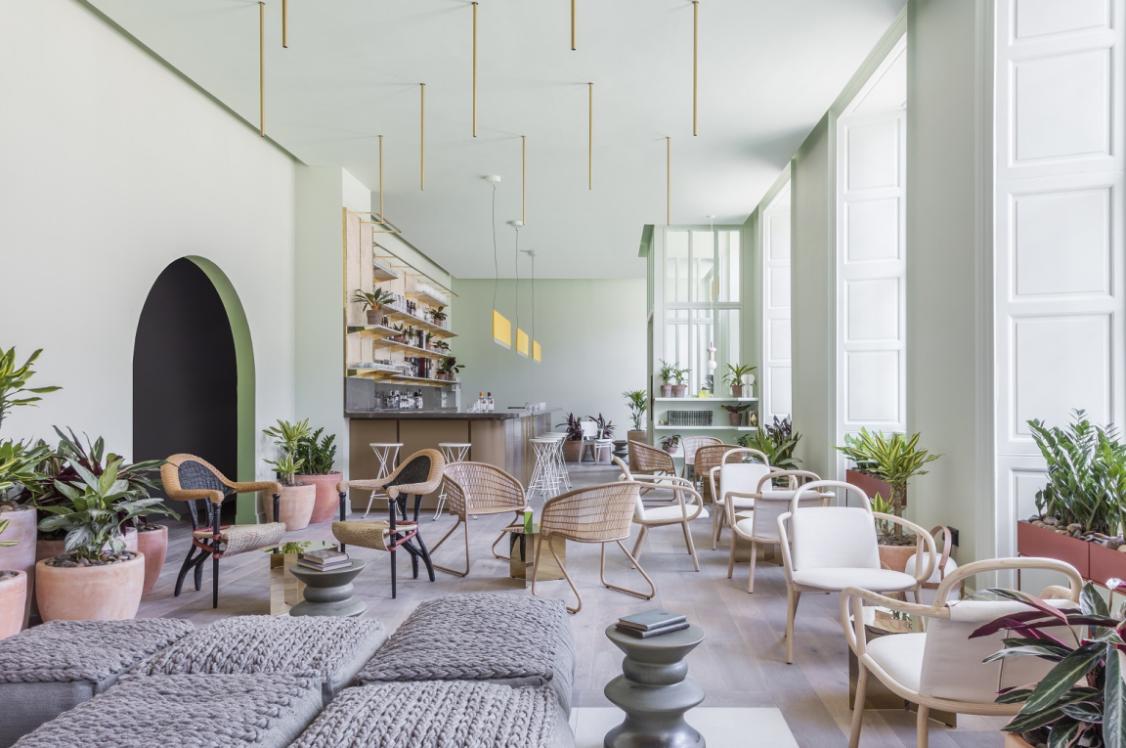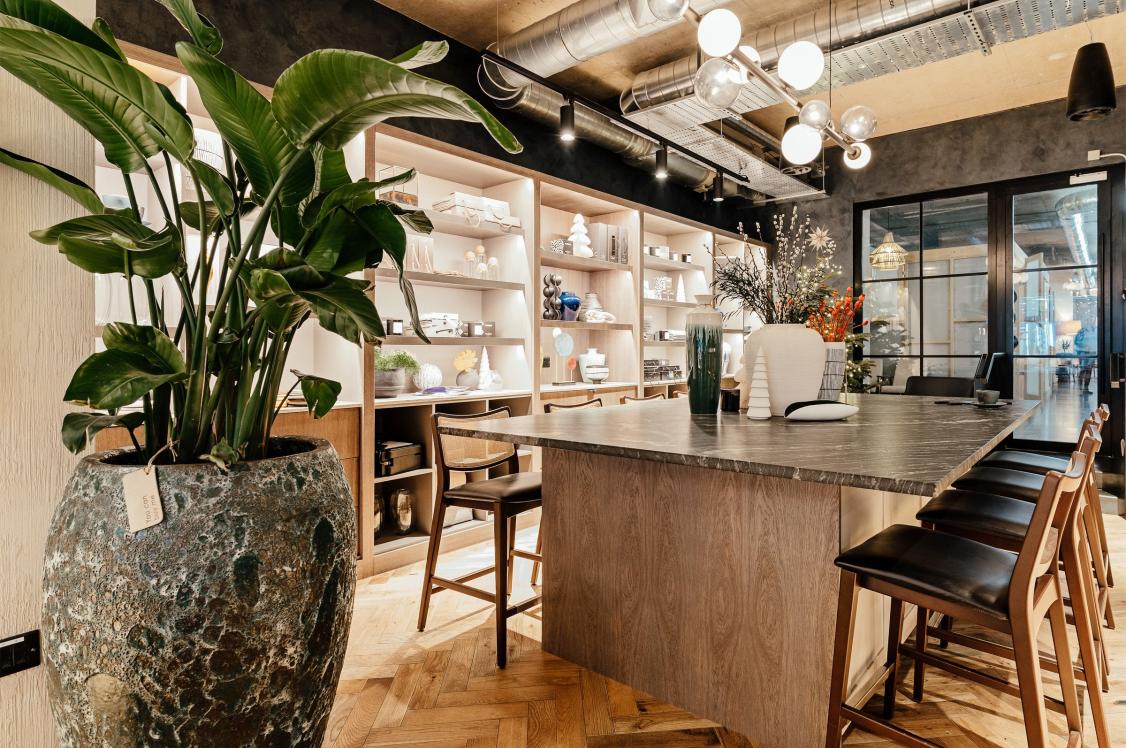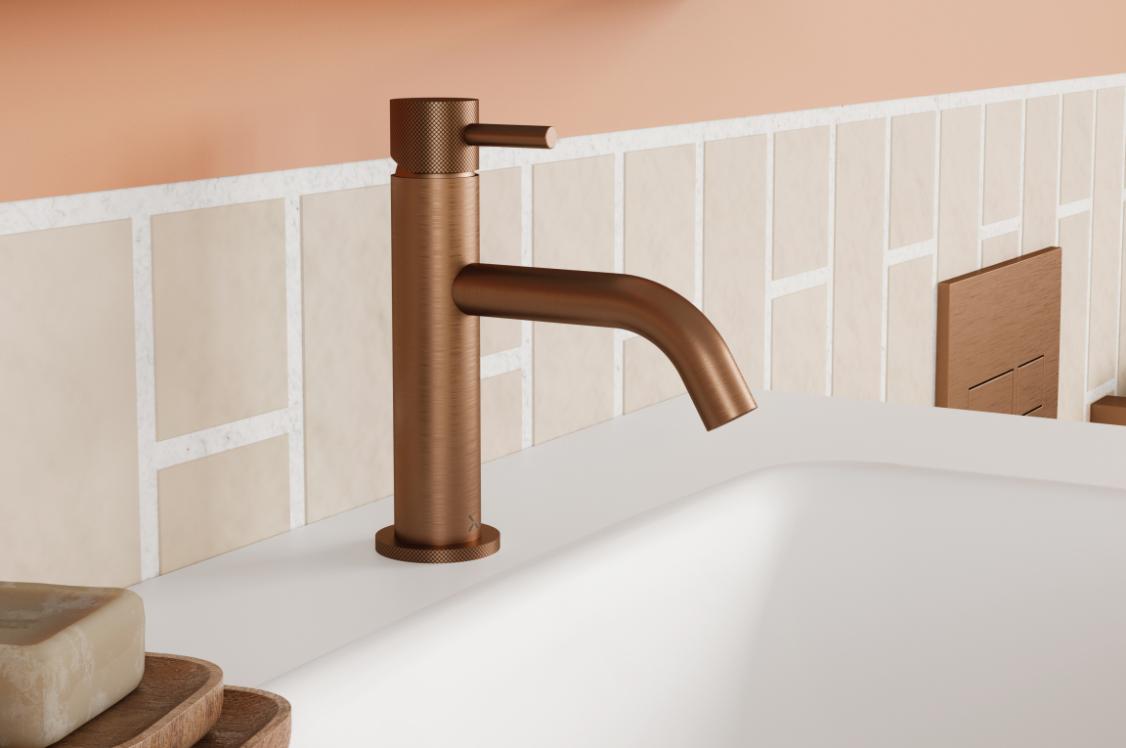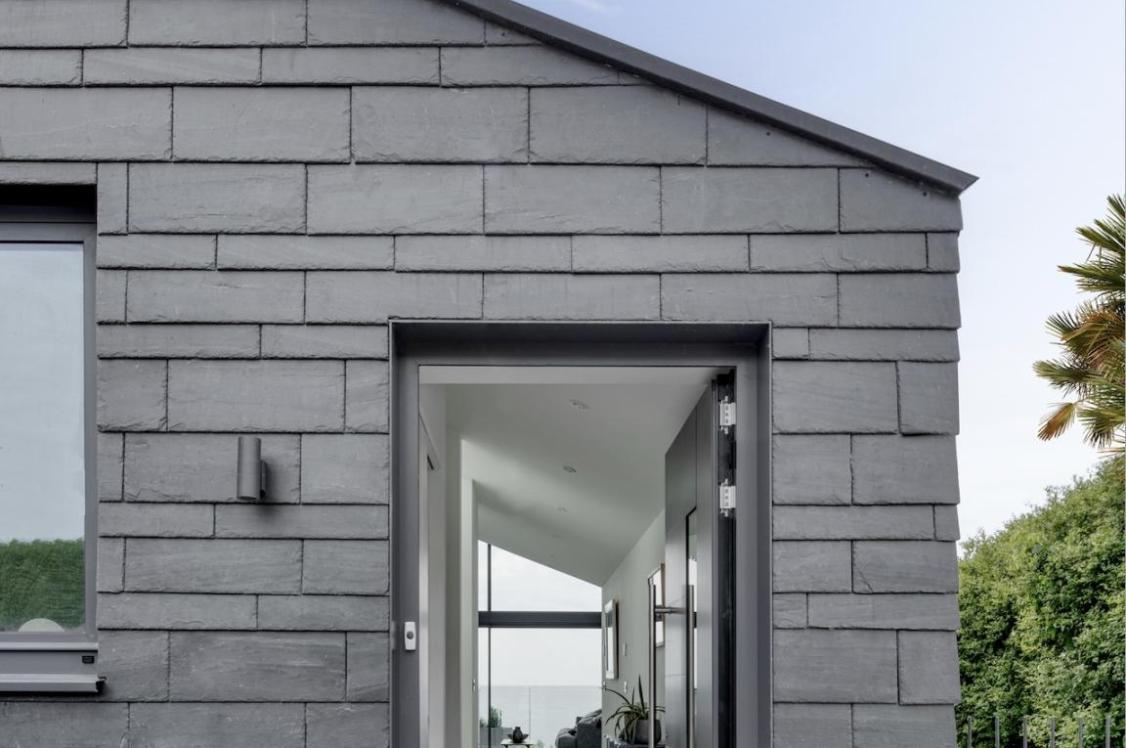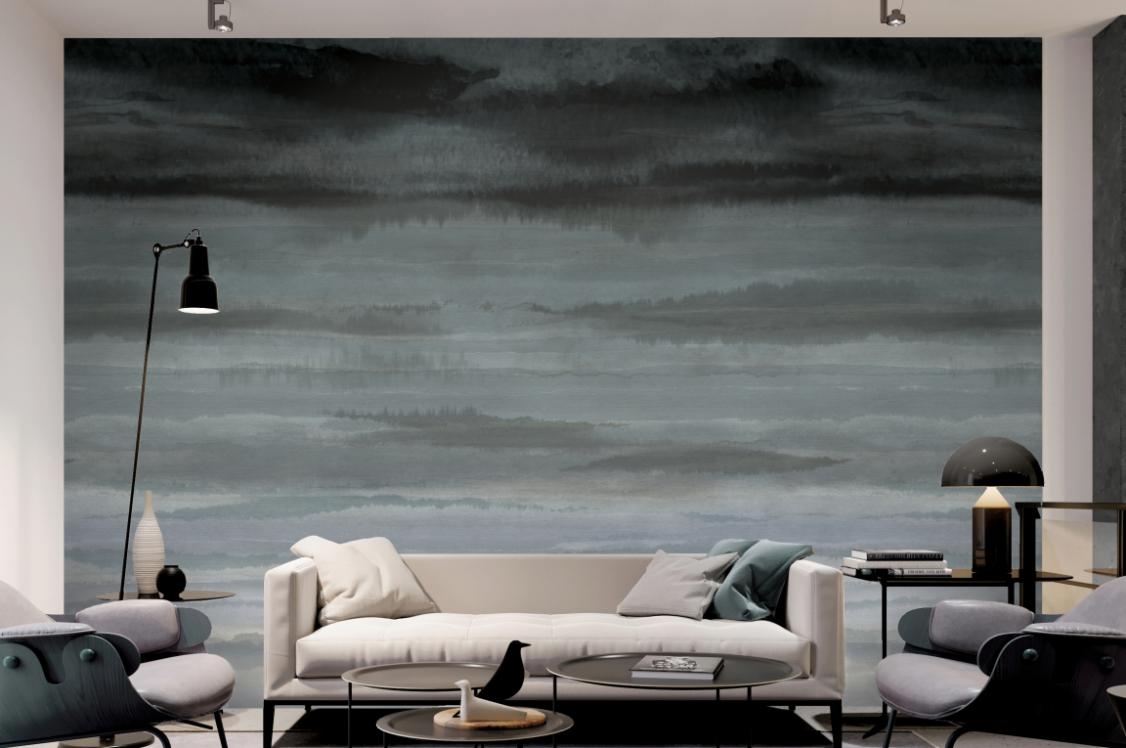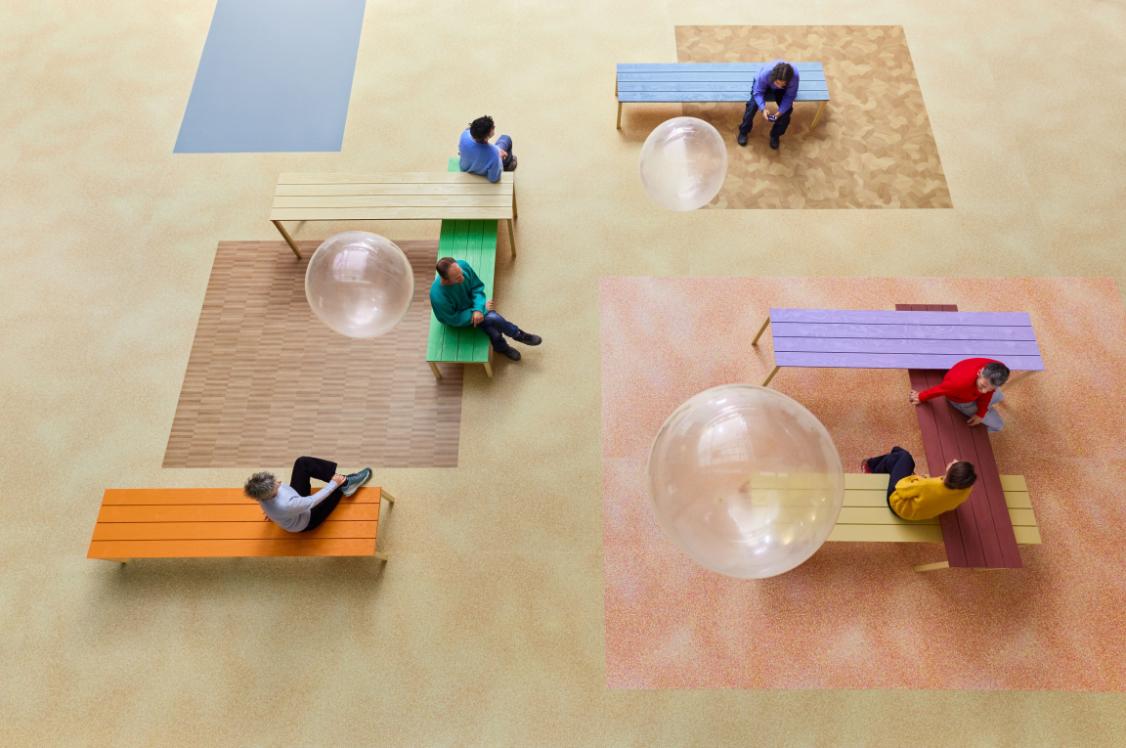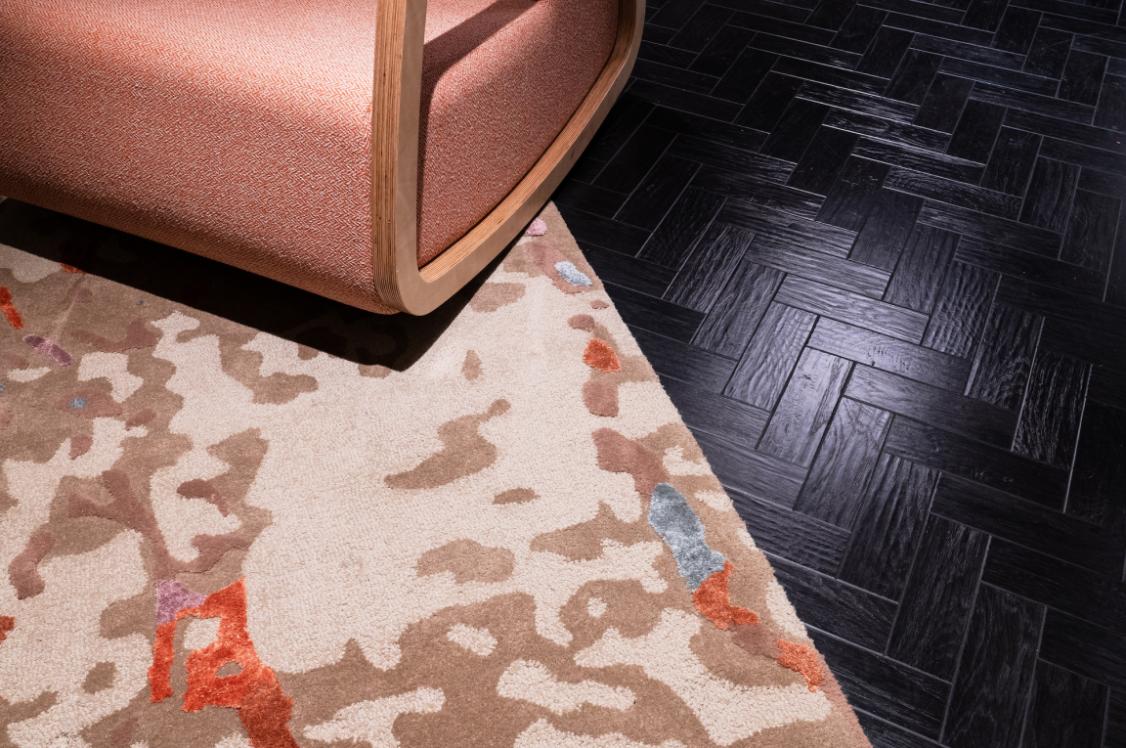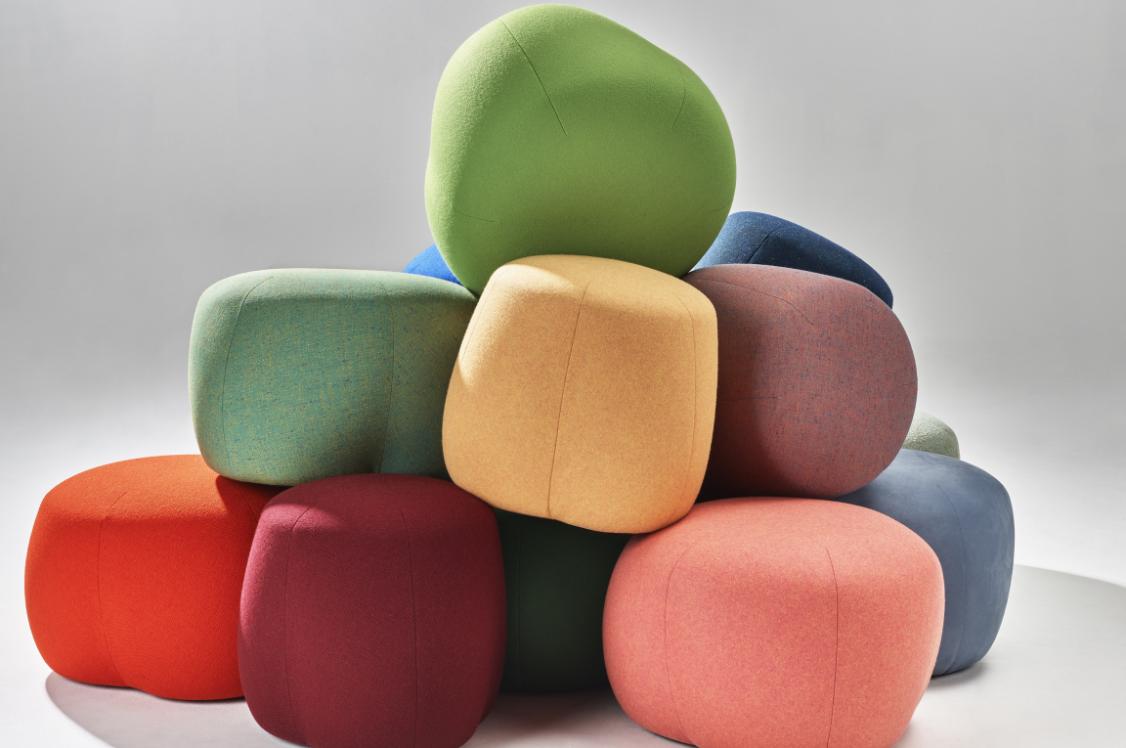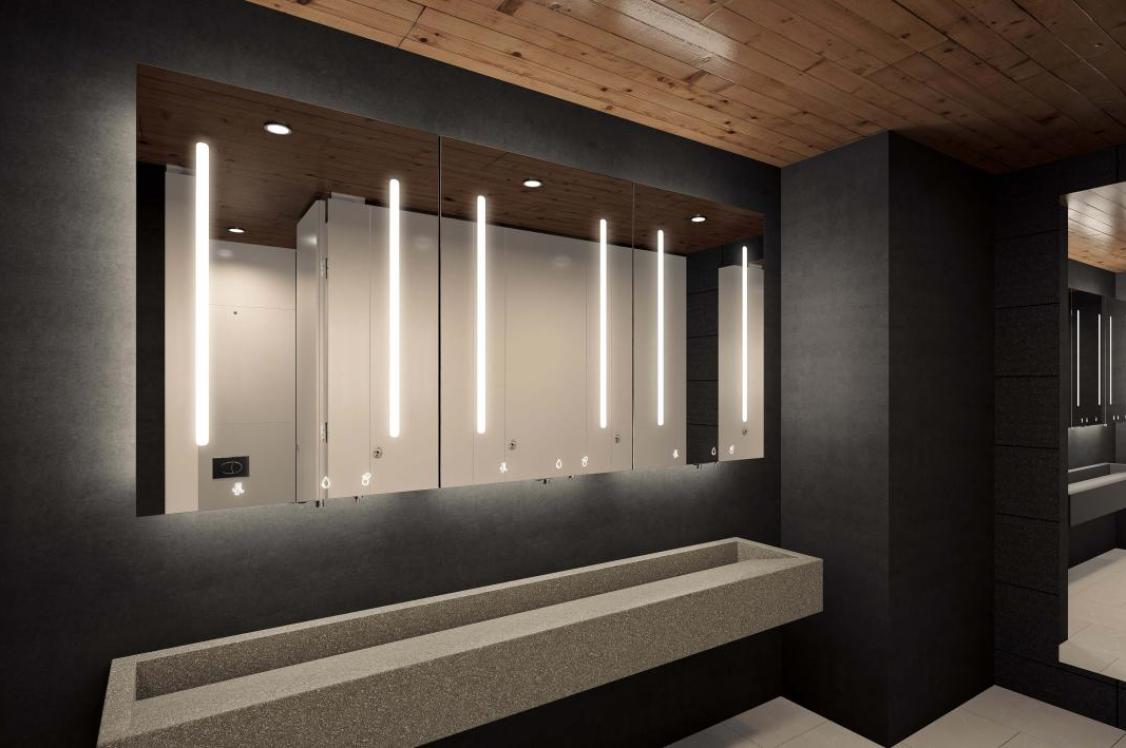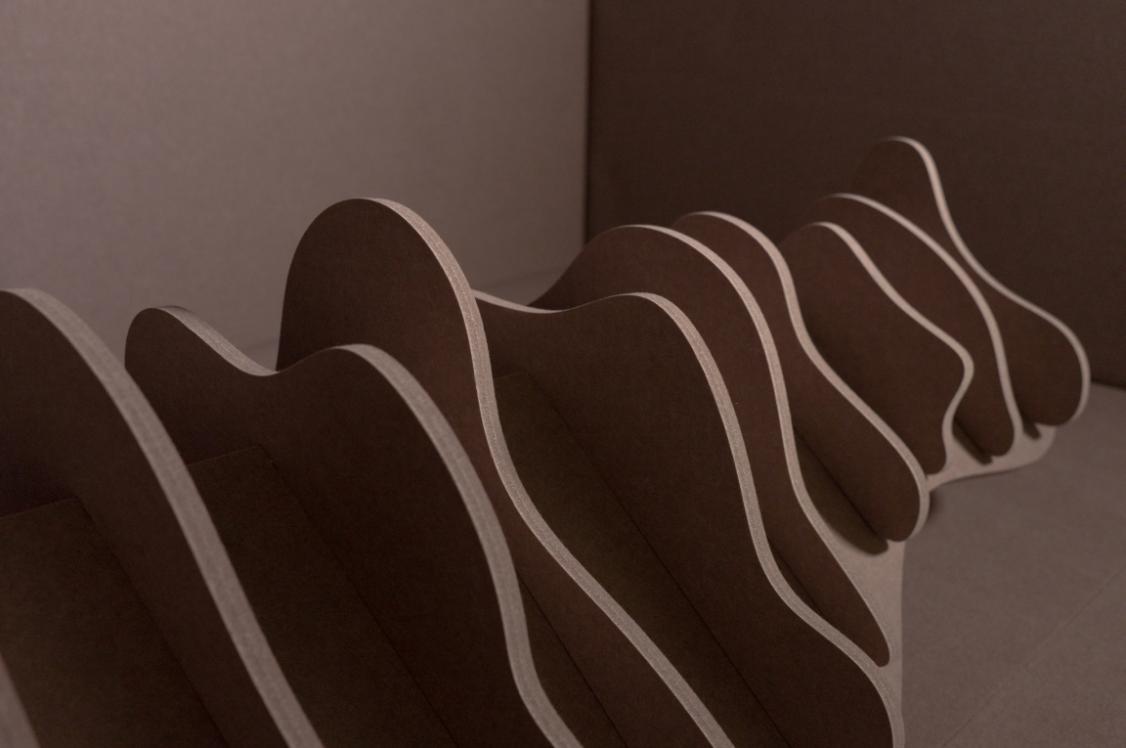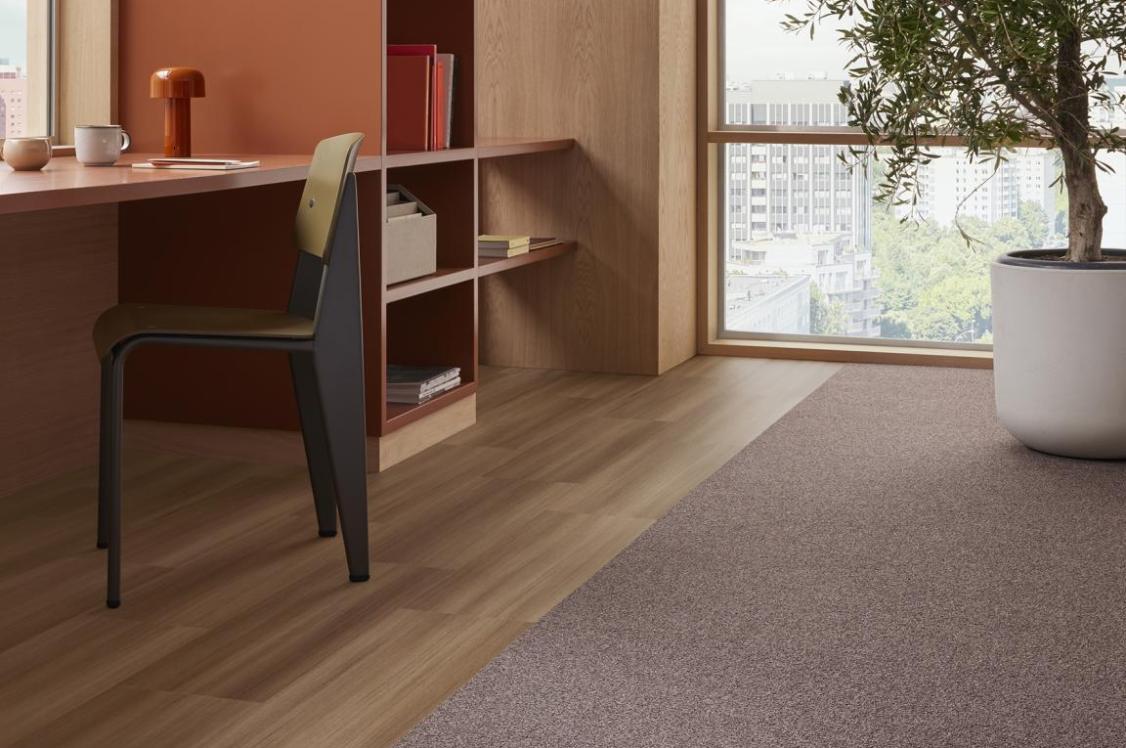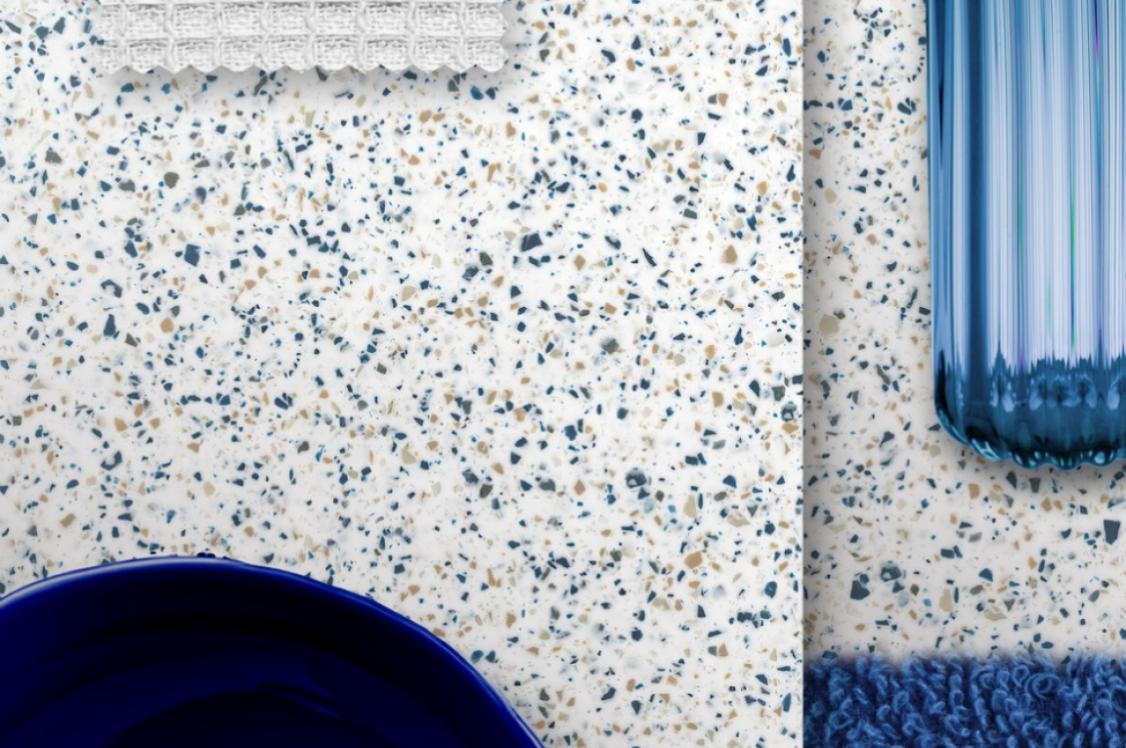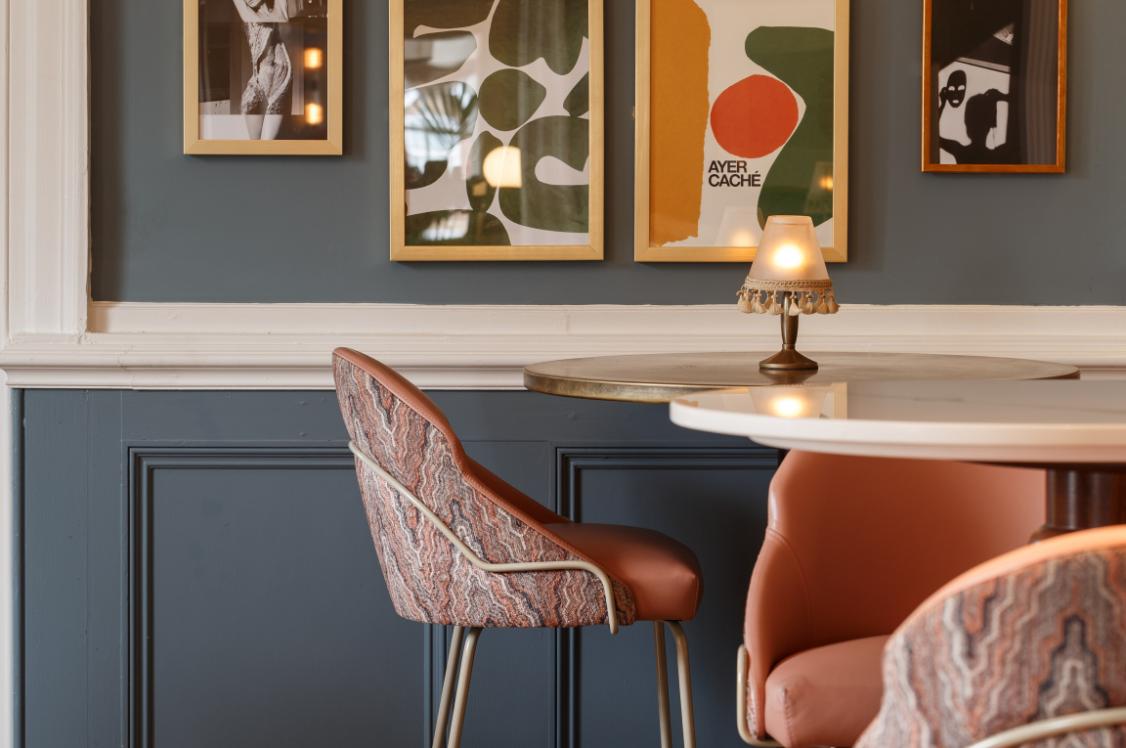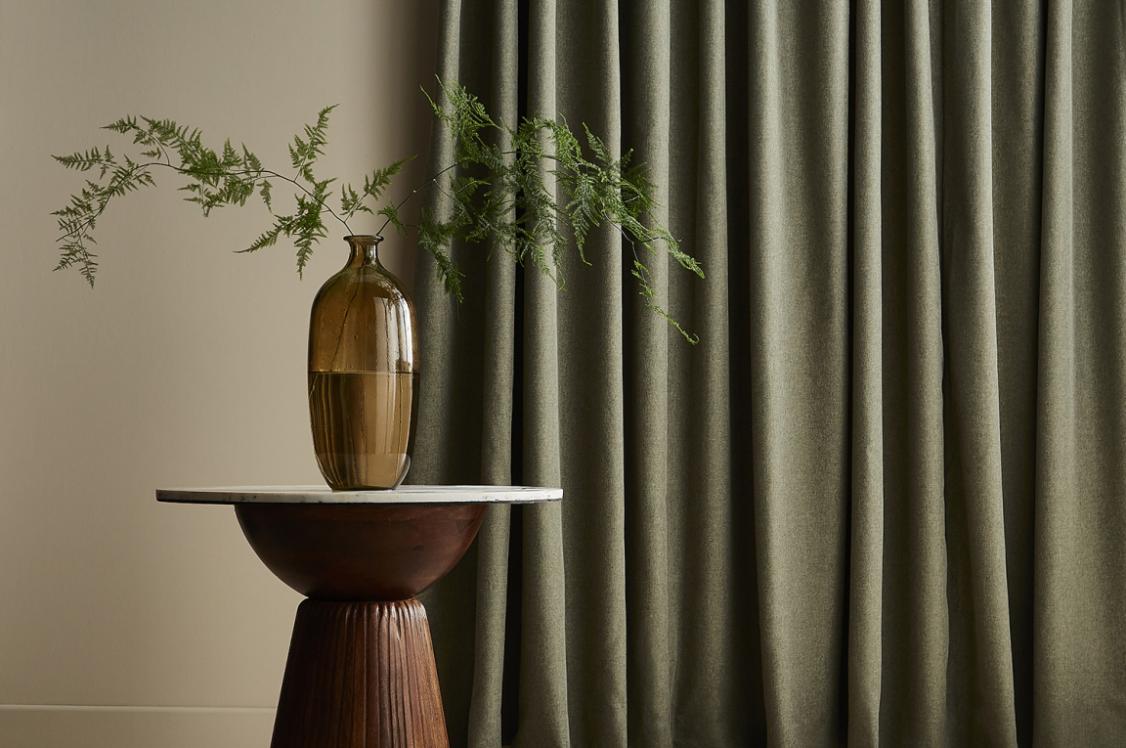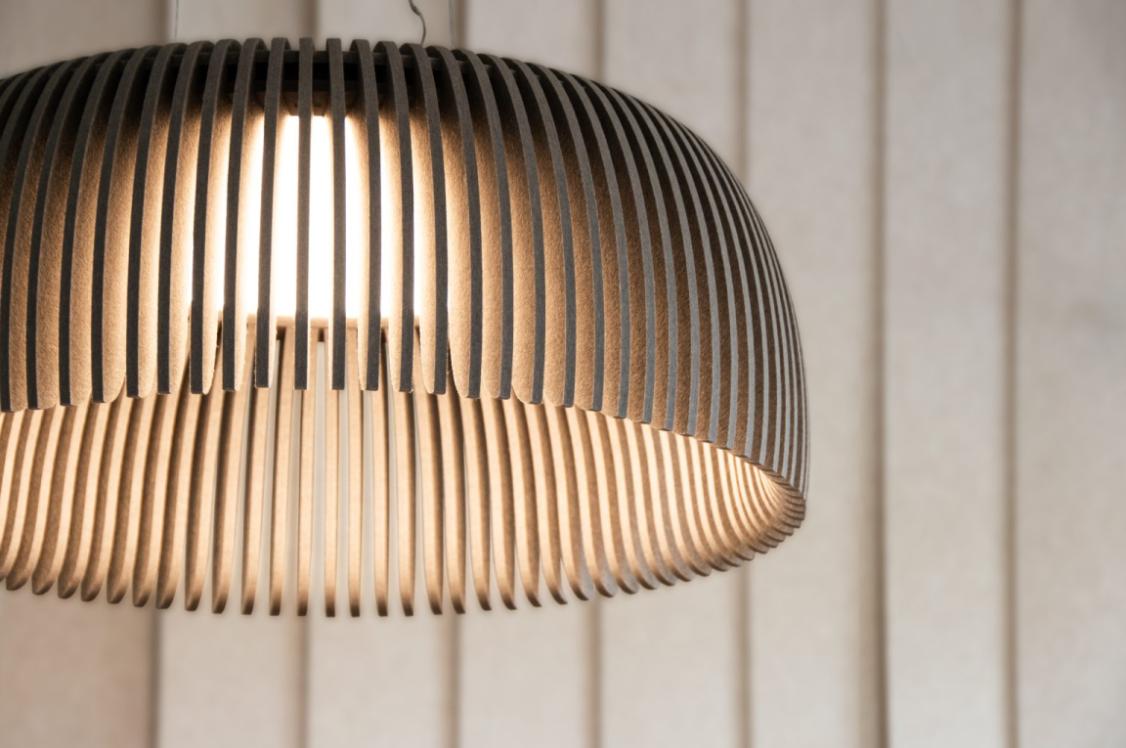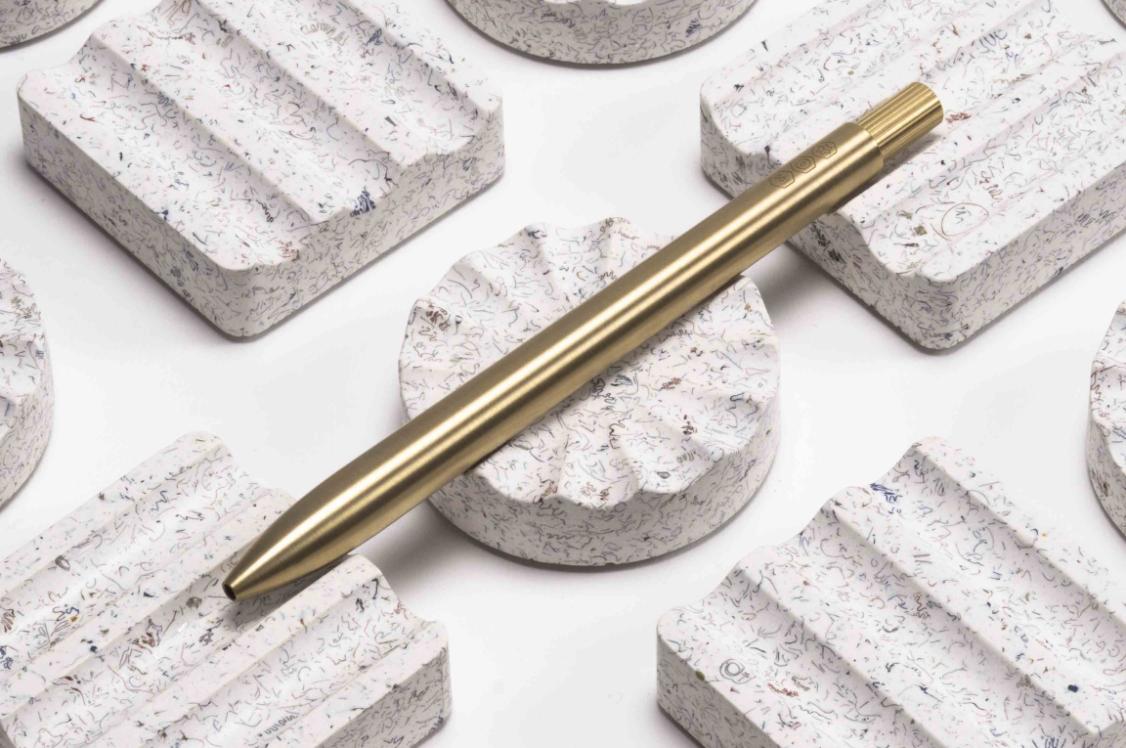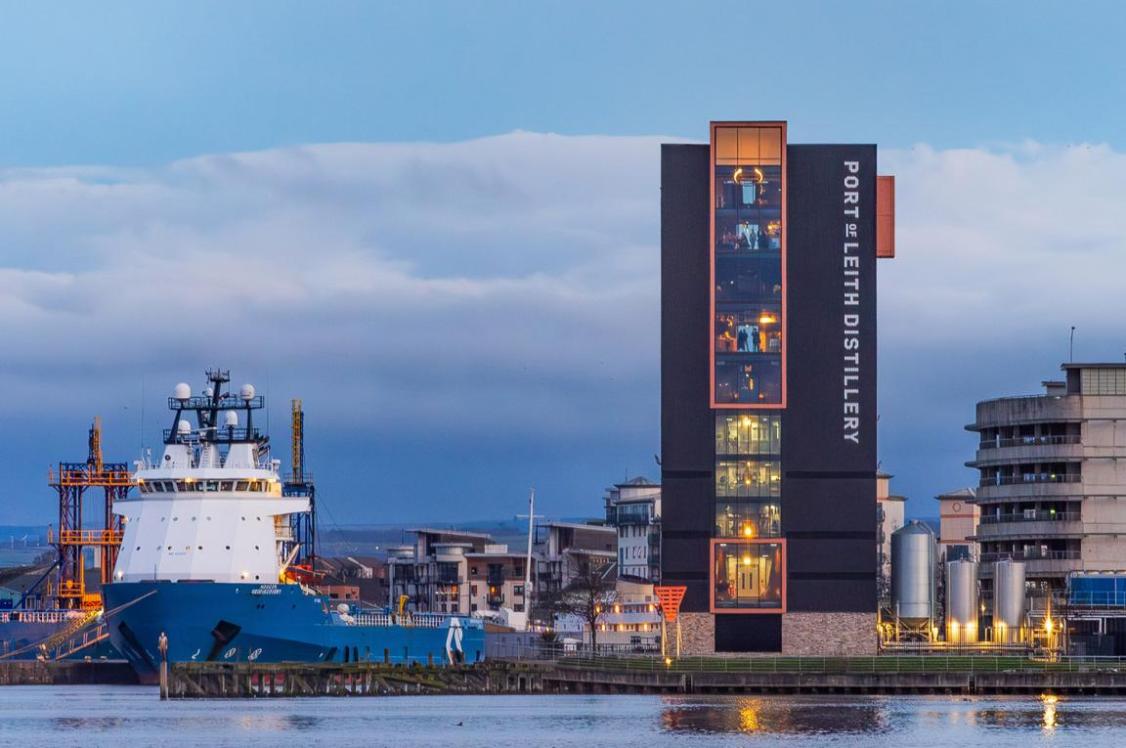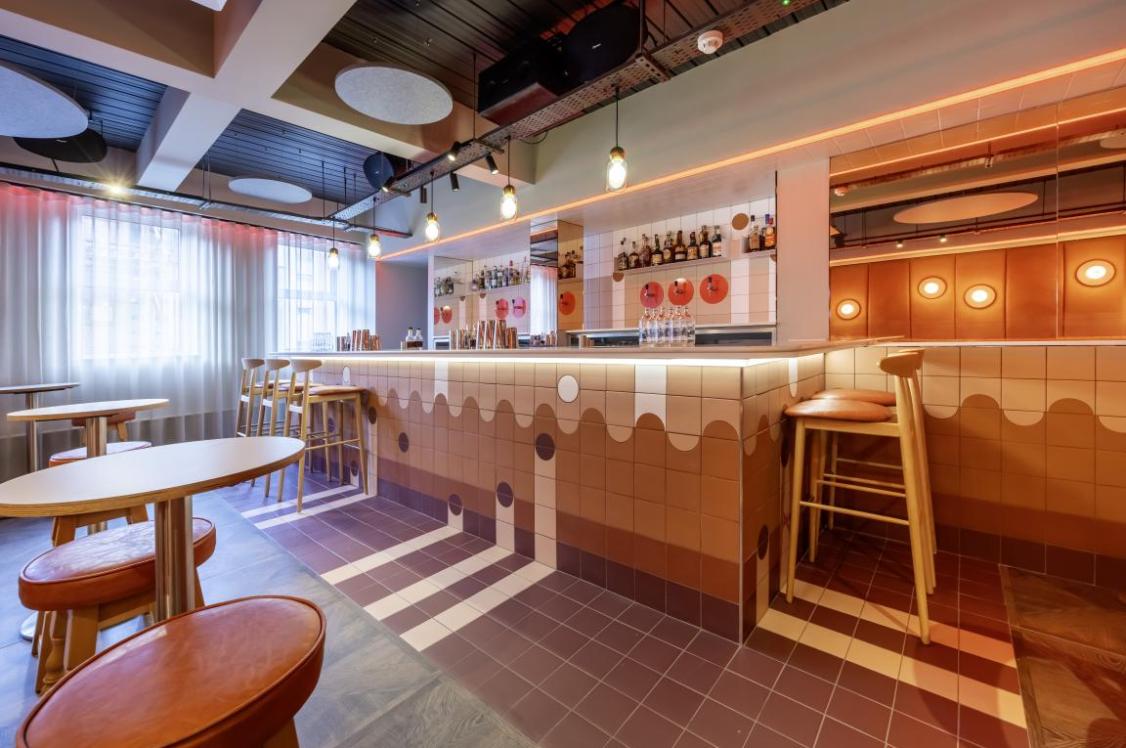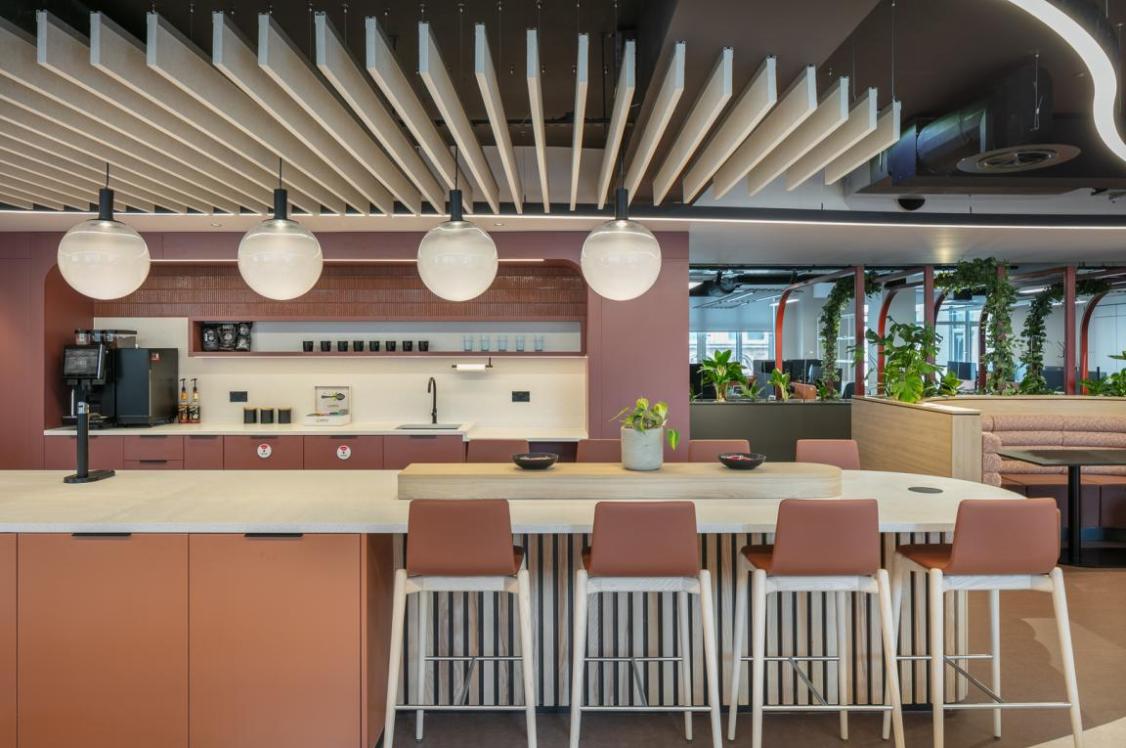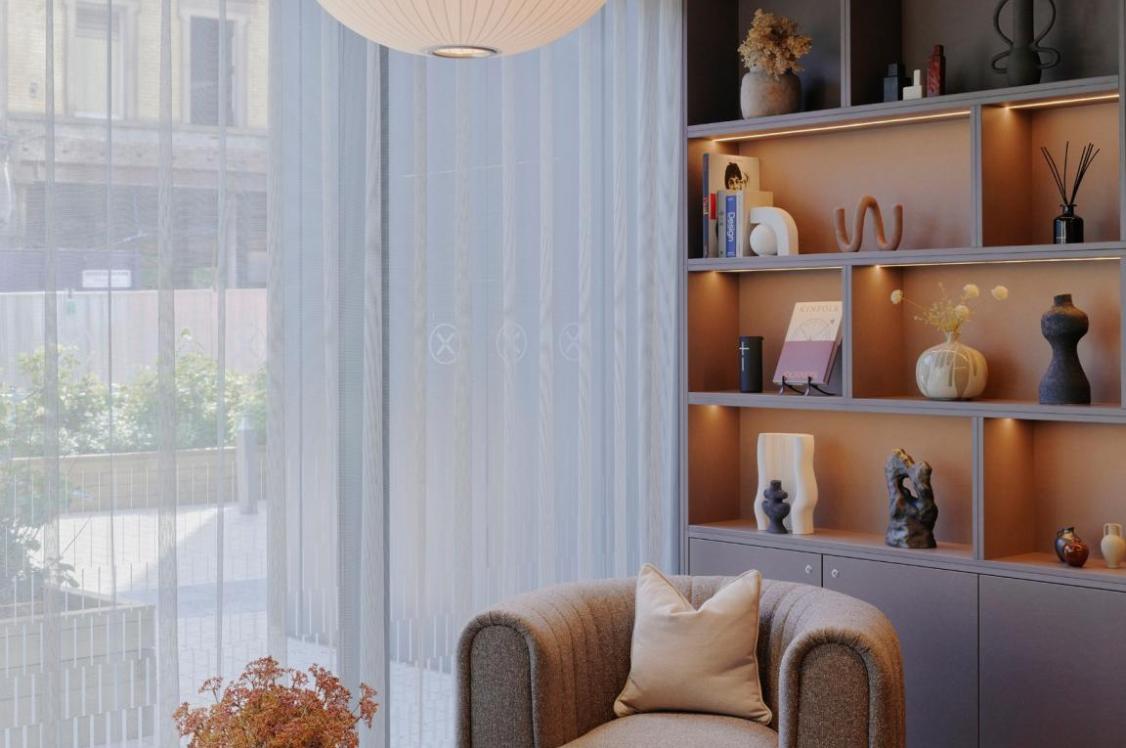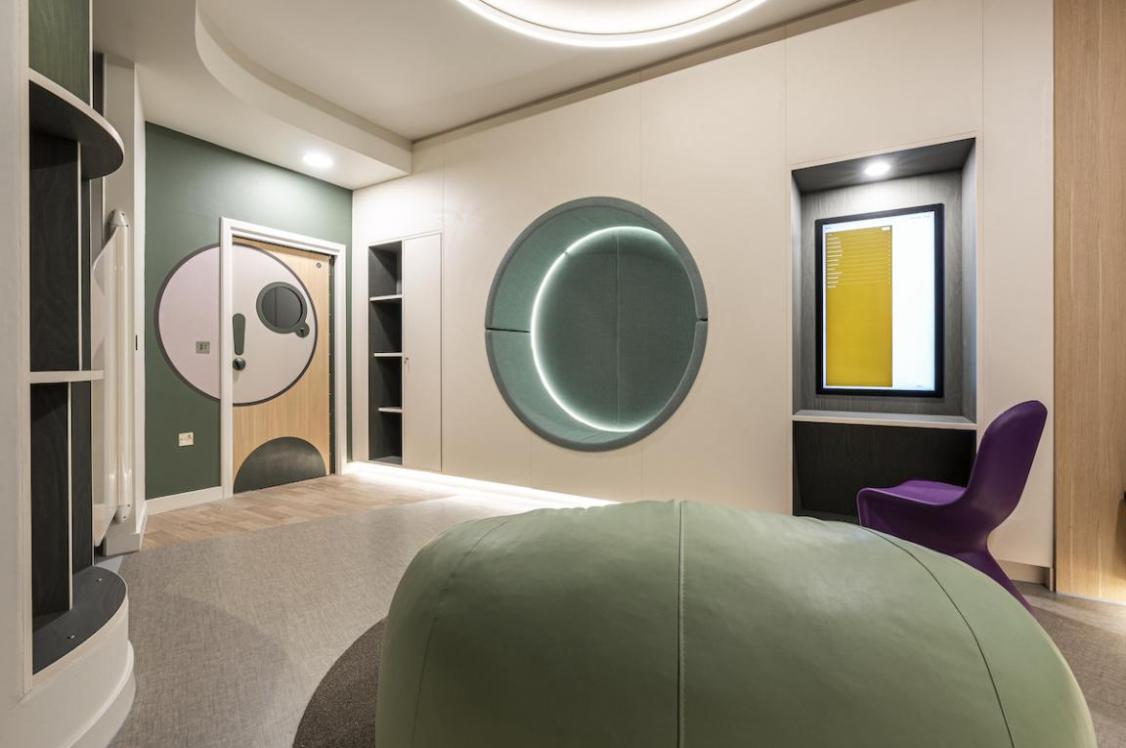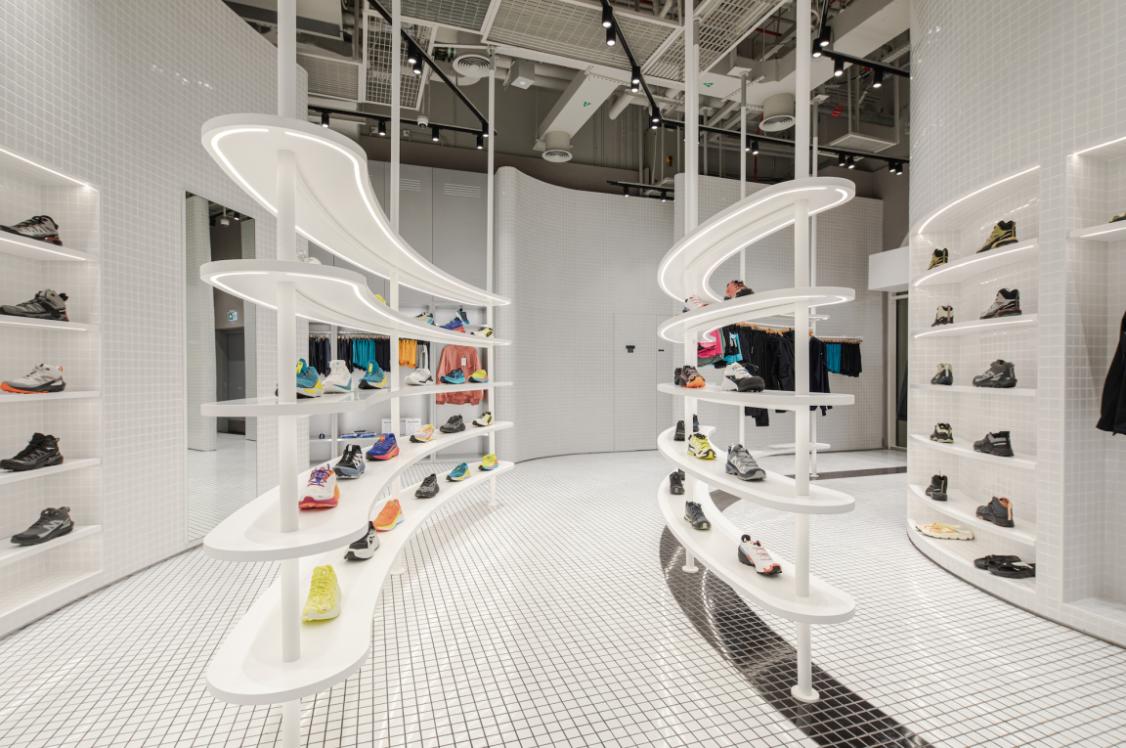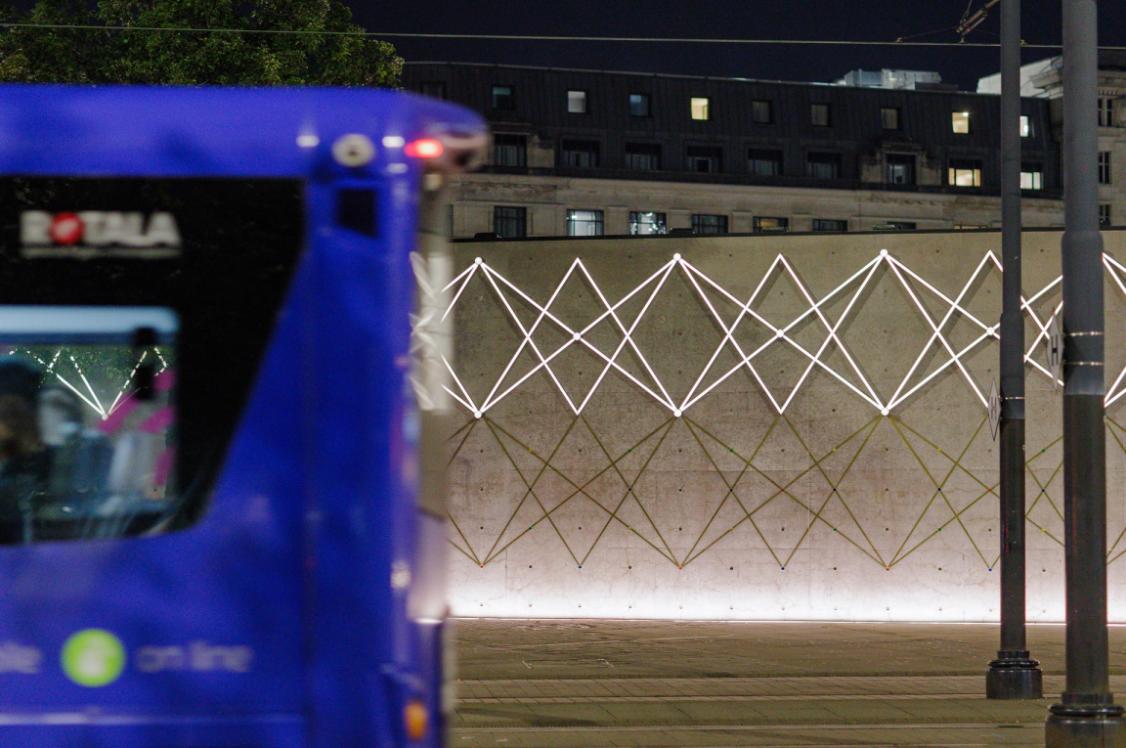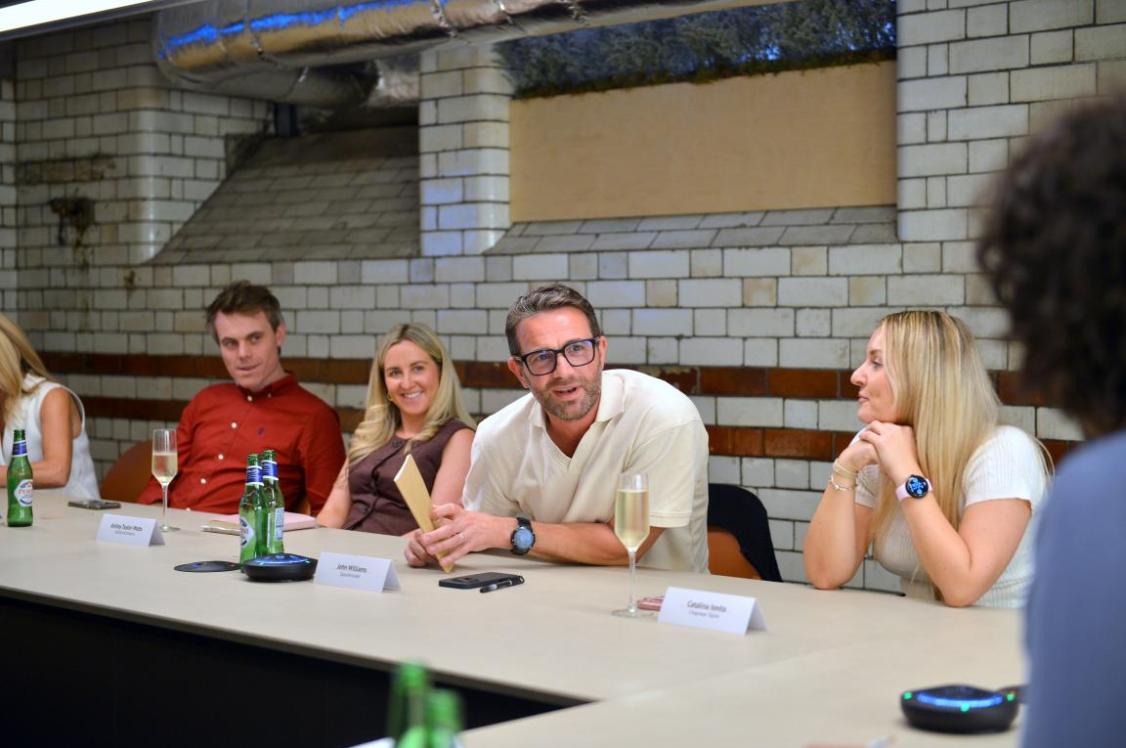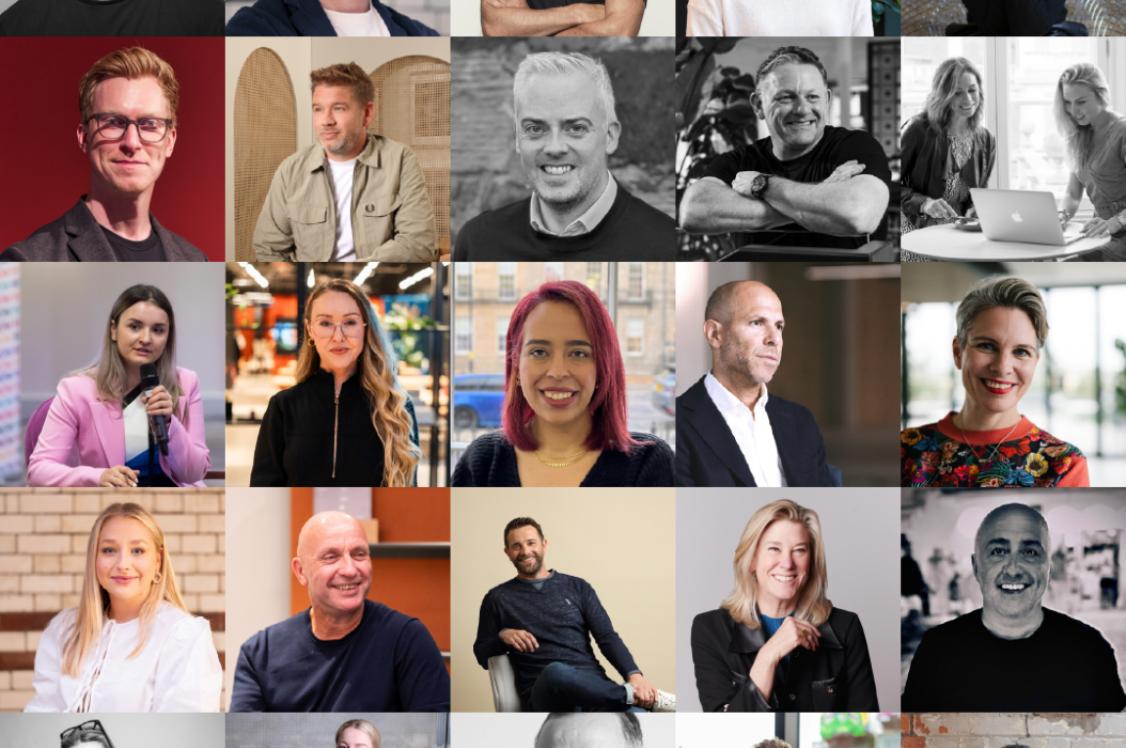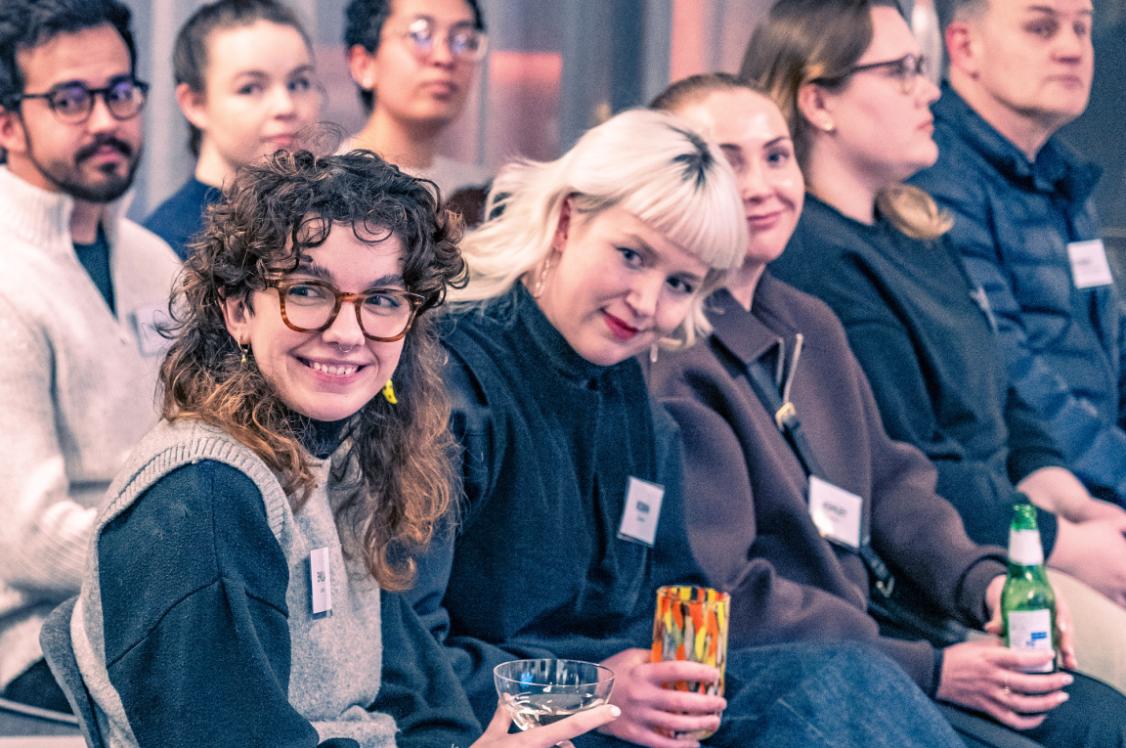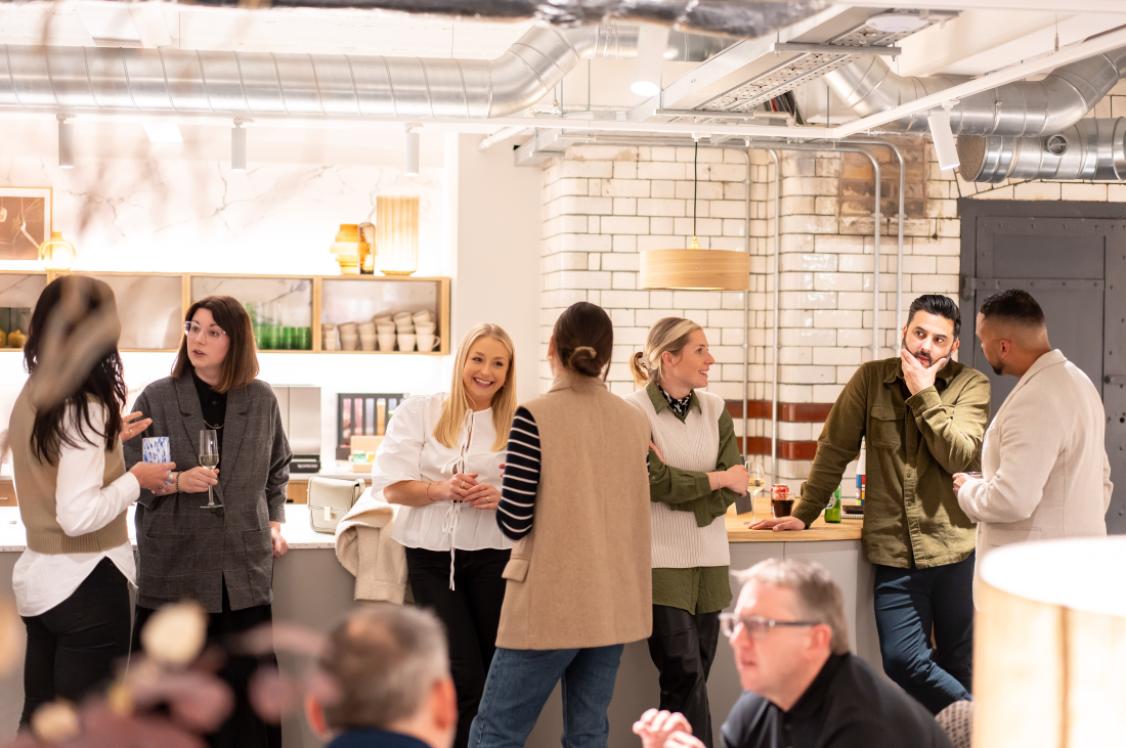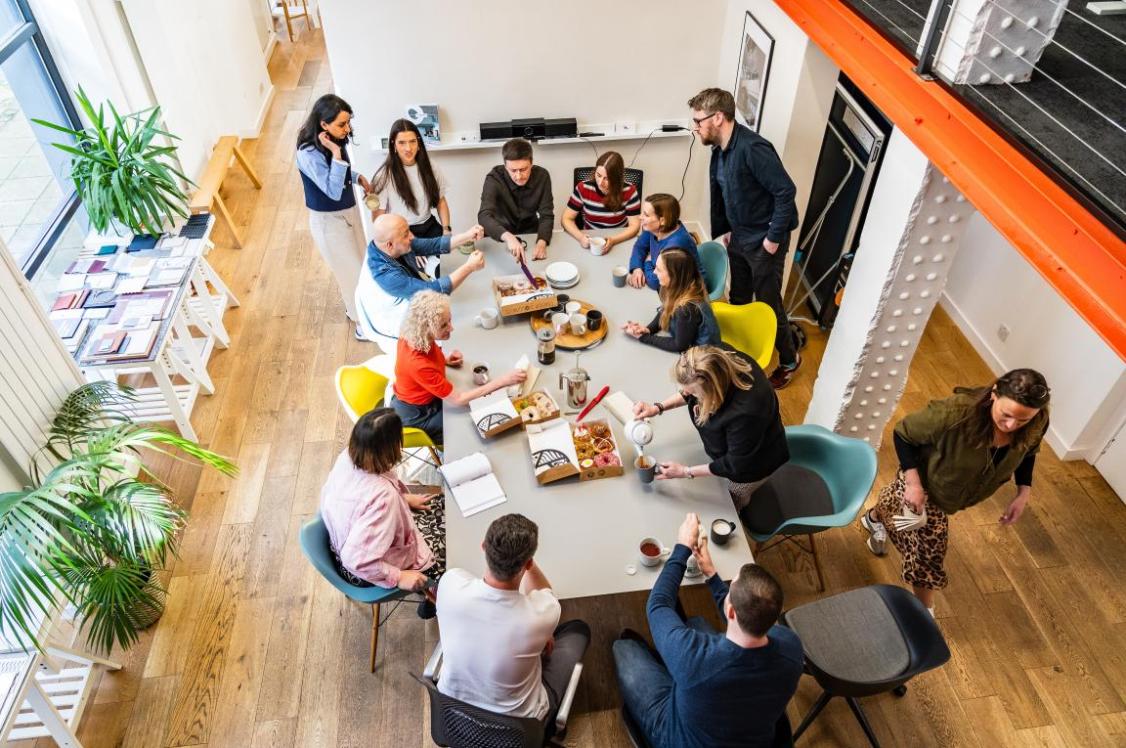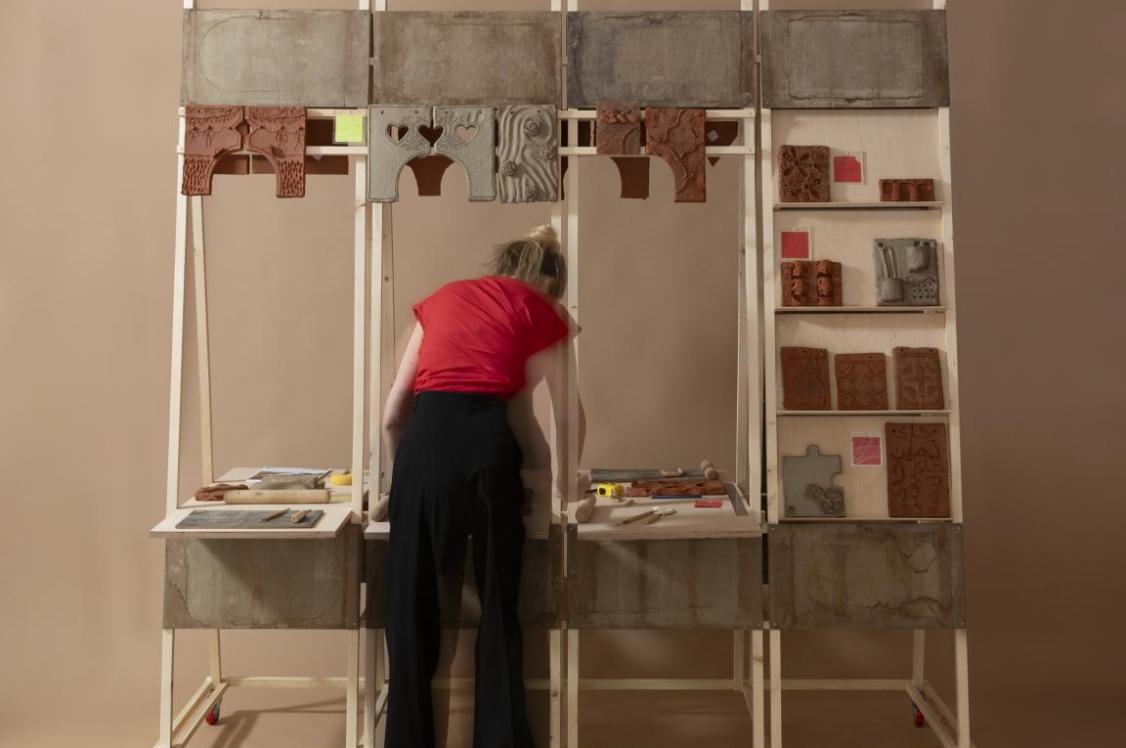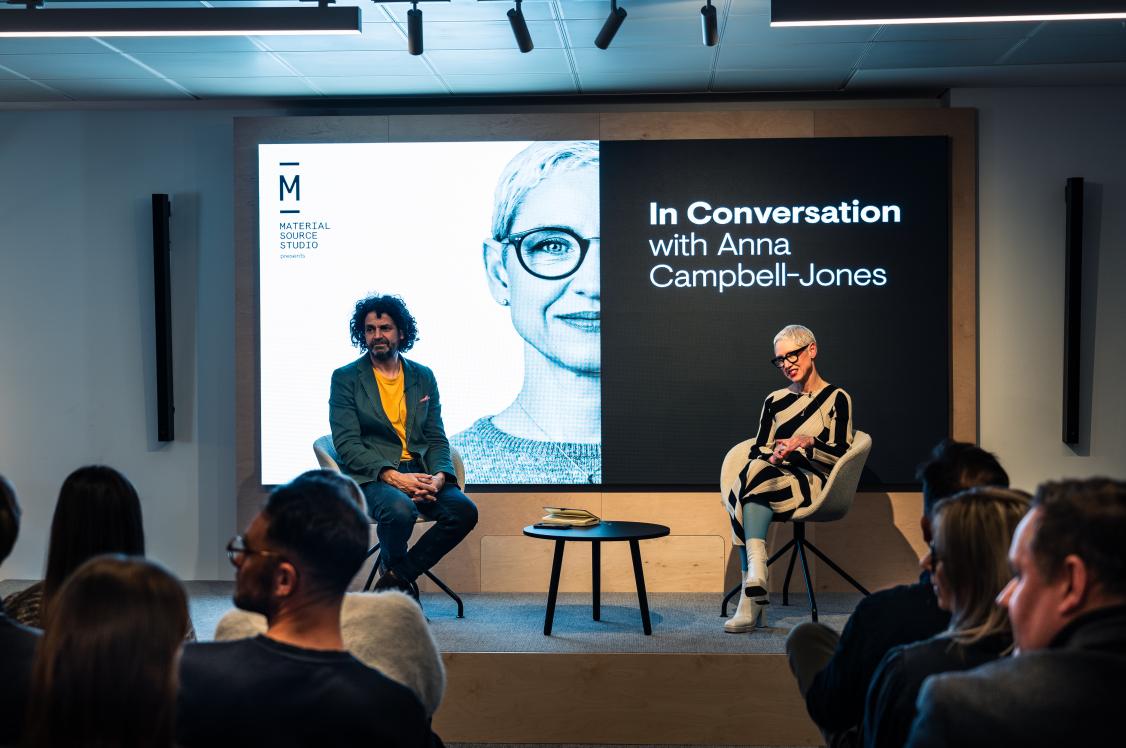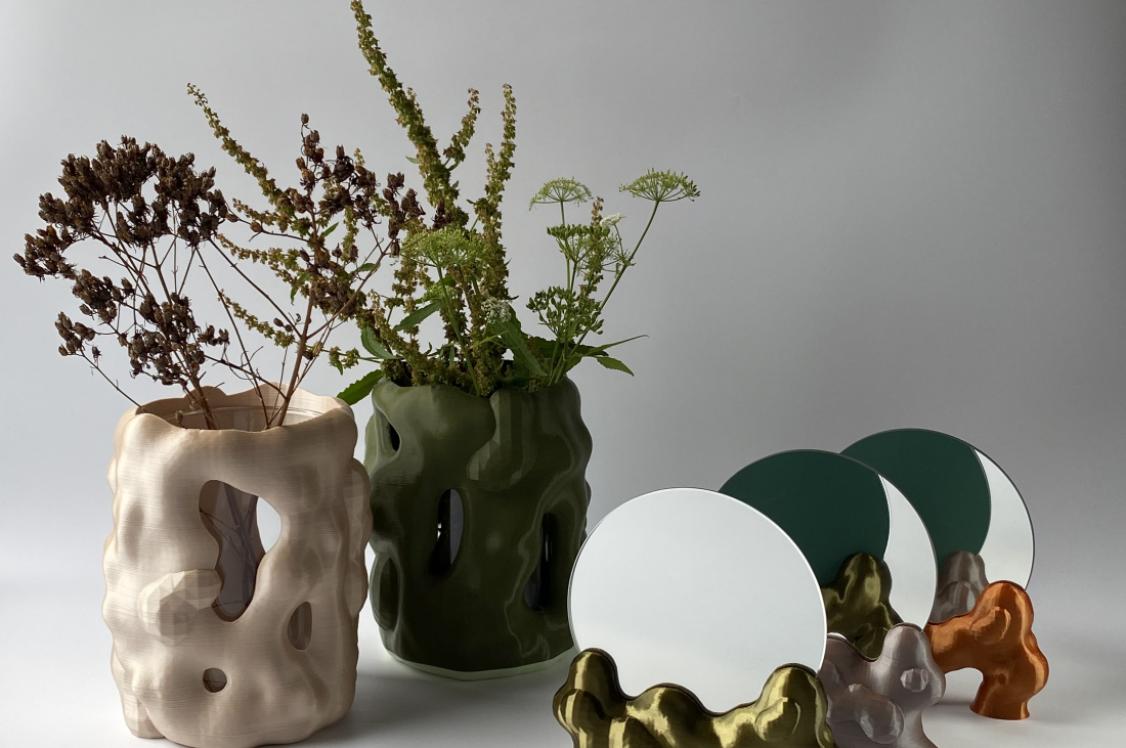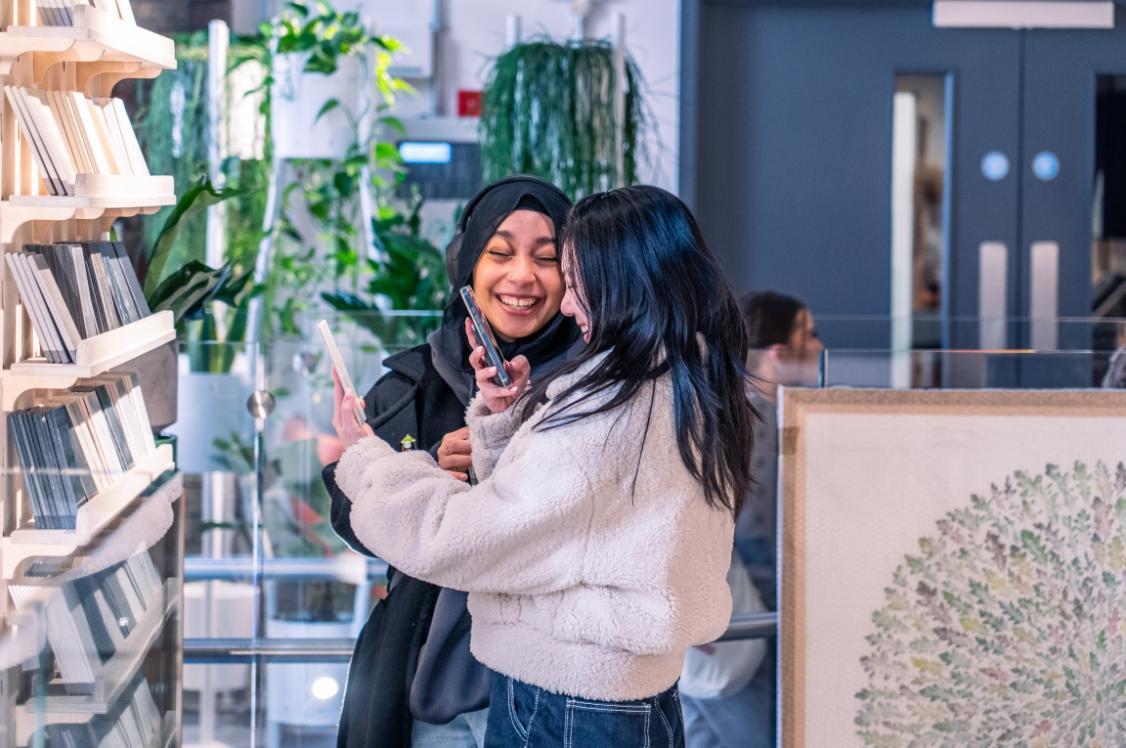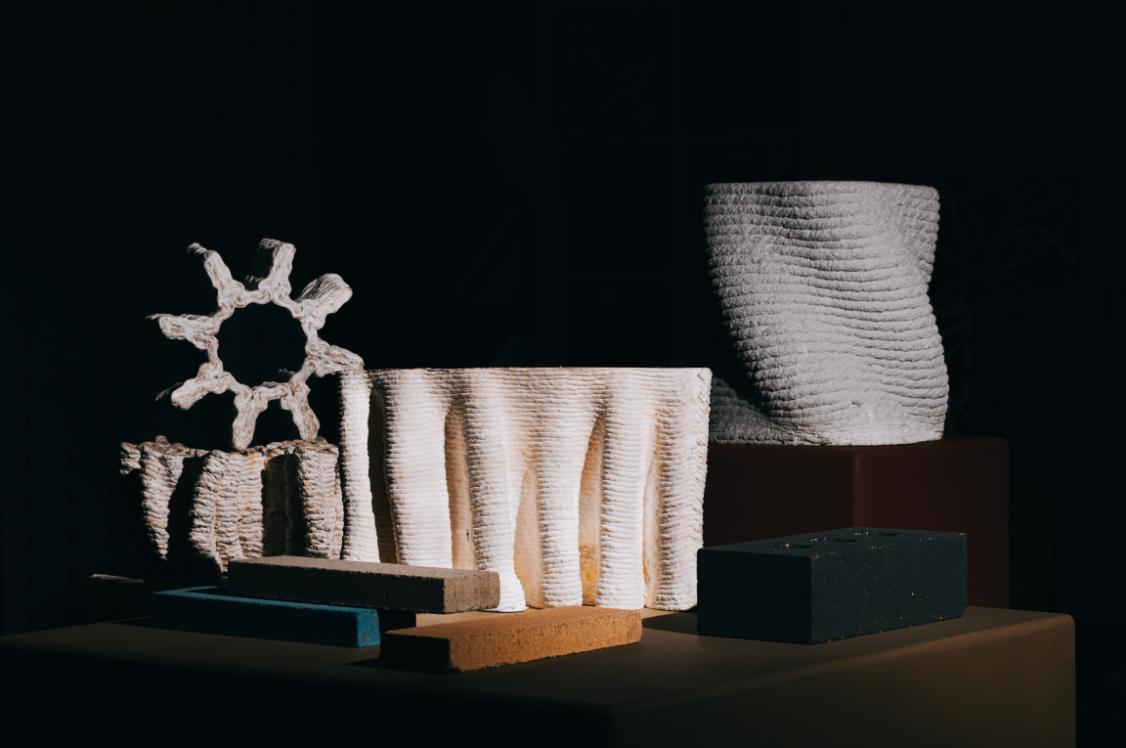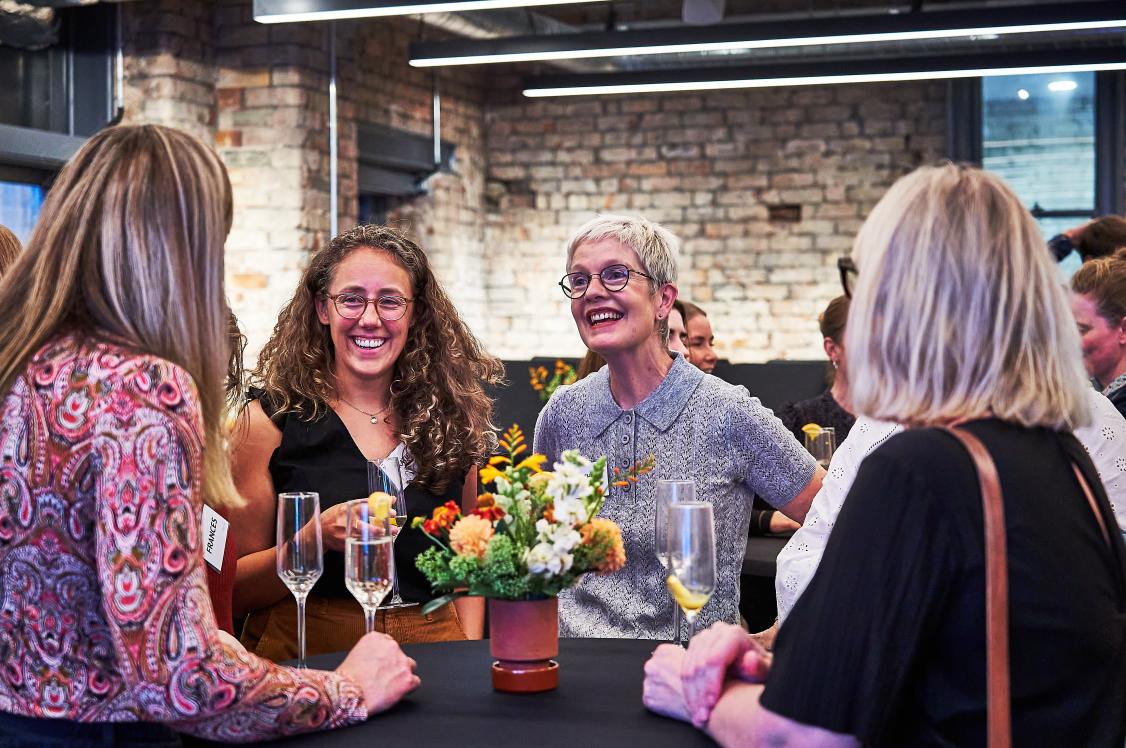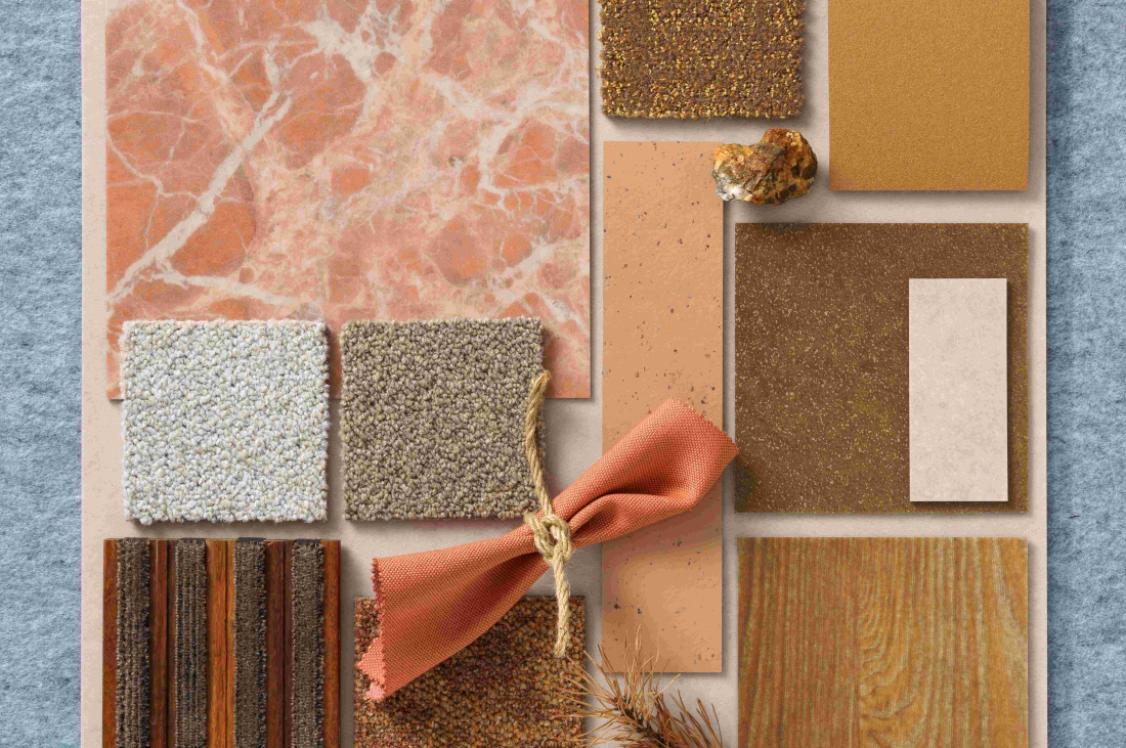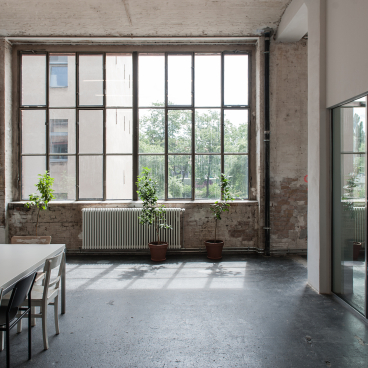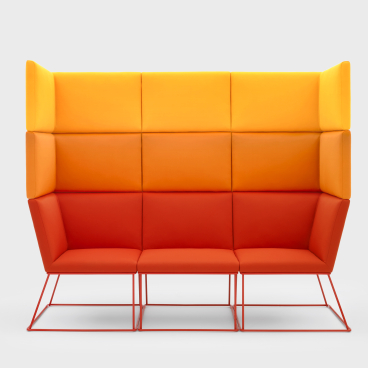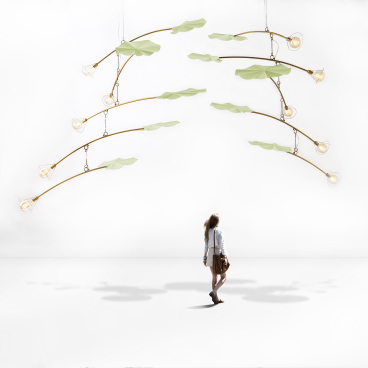CRAFTWAND's Teo Tudorica on the versatility of wood, sustainable sourcing and the company's bright future.
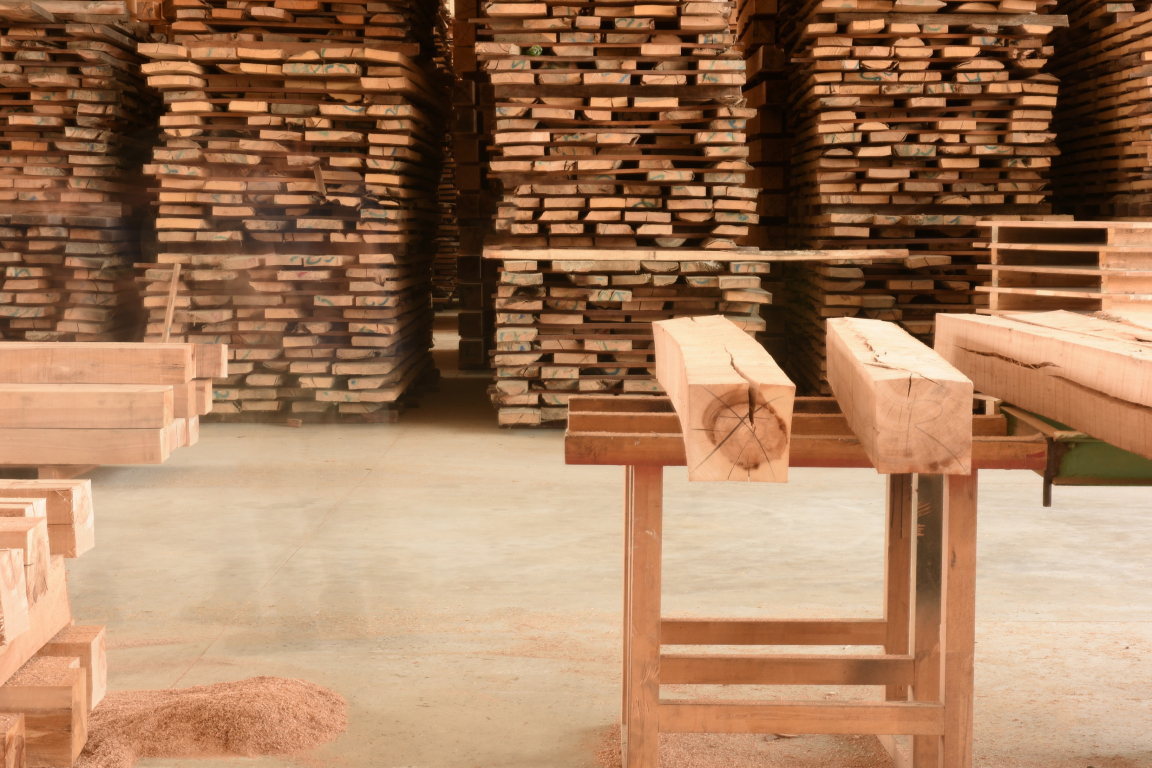
Beautifully described as "To the core, an honest product. The customer is given a piece of nature", CRAFTWAND® celebrates the versatility of wood.
Founded by Johannes Wolf in 1999, the company was, for many years, one of the leading producers of solid wood panels in Eastern Europe. Since then, social, economic and environmental pressures, both local and global, have forced the company to rethink its strategy and product range.
However, this change in focus has only been at its customers' gain. Design focused products like CRAFTWAND® and naturesystems™ – a line of solid wood furniture and decorative surfaces – offer naturally stunning solutions for commercial and residential interiors.
We recently caught up with Head of Design, Teo Tudorica, to find out more about the unique manufacturing process and plans for the future.
Can you tell us more about CRAFTWAND®'s products?
"CRAFTWAND® represents a unique solution in the interior design market. It has the great advantage of being one of the most versatile systems on the market. By contrast with normal products it is not simply a working desk, nor is it a divider, nor a reception desk – it can be built up as any of them and it can be transformed from one to the other if the working or living context requires it. The modularity aspect is what gives CRAFTWAND® an unprecedented level of versatility during the design phase and in day-to-day use."
Who might use them, and where might they be used?
"Our system is relatively new in the interior design landscape and it takes time to familiarise first and foremost the design professionals with this novel concept. Until now it looks like the office sector is the most receptive to a product with the characteristics of CRAFTWAND® due to the increasingly wide adoption of design philosophies like agile workplace, co-working and the accentuated focus on wellbeing.
"But the use of CRAFTWAND® is by no means limited to implementation in the workspaces; it has the huge potential to be the optimal design solution in hospitality, retail, public spaces and at home too."
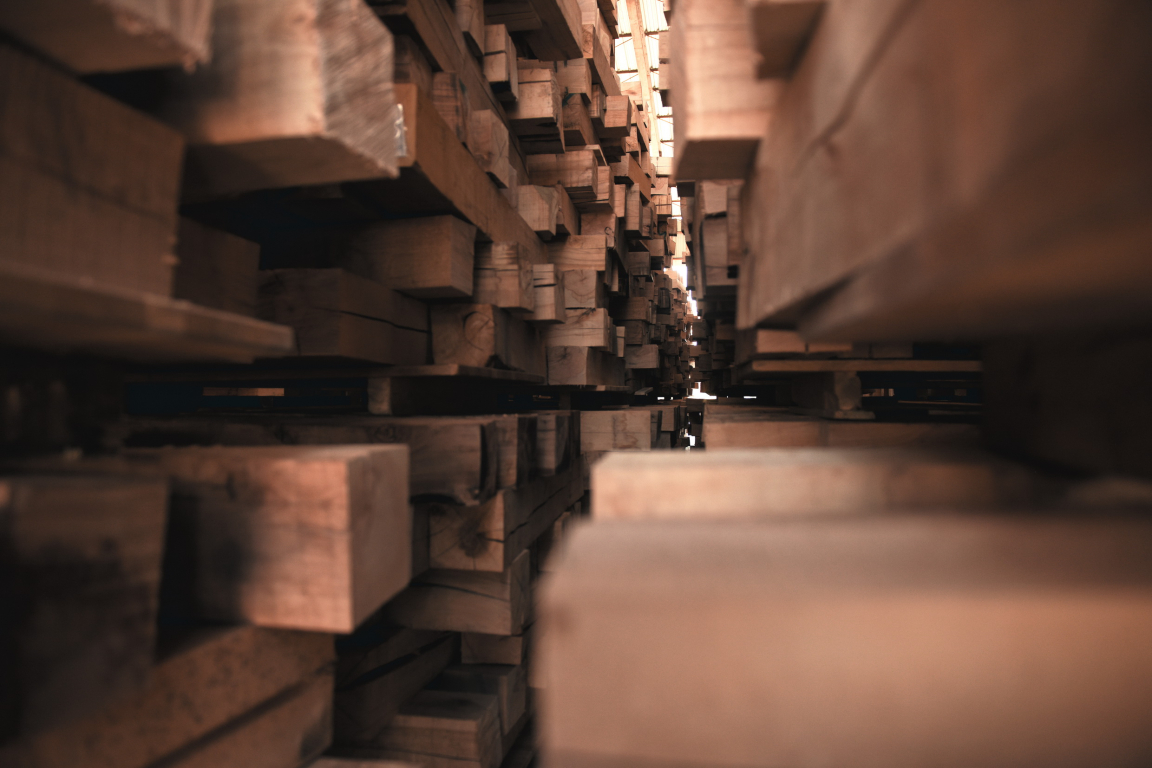
Where did the idea originate?
"Johannes Wolf, the owner and the inventor of the patented CRAFTWAND® system, is unquestionably an atypical character in the woodworking business. His enthusiasm for modern architecture and minimalist design pushed him towards creating a solid wood product that will add an intriguing new solution to any architect or interior designer's toolset.
"The simple, geometric formal language of CRAFTWAND® comes from a minimalistic design approach, but also from the forthright appearance of our engineered wood. We had always focused on using and displaying the natural material as it is, with knots, cracks and discolourations – aspects that the industry at large considers defects, while in our approach these are exactly the traits that makes wood a living material.
"From an optical point of view our main wood species, beech (Fagus Sylvatica), is considered as having one of the calmer textures, but, by incorporating the aforementioned “imperfections”, the surfaces can get a lot more vibrant."
Can you talk us through the manufacturing process?
"The manufacturing process basically starts in the forest with the selection of the appropriate trees that will be felled. Based on a plentiful renewable resource, our product is mindful of its high worth for present and future generations, therefore it uses low-grade beech logs and sawmill slabs, traditionally under-utilised or even discarded in the mainstream quality hardwood value-added chain.
"Because moisture naturally affects the expansion and contraction of wood the primary operation is drying. Wood is hygroscopic and absorbs or releases water to balance out with its surrounding environment. The fresh-cut beech wood beams must be kiln-dried down to approximately 15% moisture content, which is suitable for indoor use.
"It takes as many as 2-3 months of air-drying and an additional 2-3 months kiln-drying time to reach the moisture level needed for further processing. The production of the CRAFTWAND® modules is strictly project based, meaning that the wood is moulded to size based on the quantities required from the design collaboration between the architect/designer and our project assistance department.
"The next step consist of two types of operations: one would be the drilling of the holes for the screws and dowel pins with our custom built machinery; while the second is the customisation, using a CNC machine, of certain modules for the inclusion of cabling, communications and electrical devices, bottle inserts and so on.
"The final production step is the oiling and/or staining stage when the product gets its definitive look. We have implemented a quality assessment system that is required after each main step listed above."
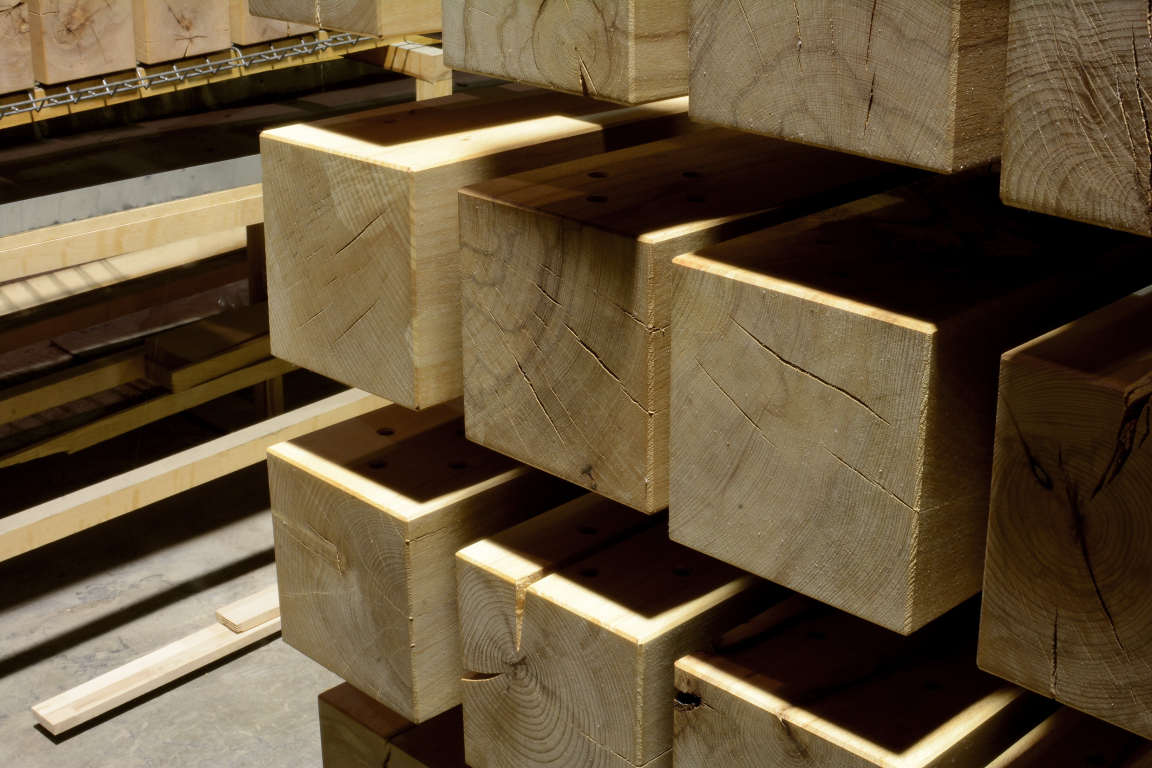
What are the benefits of using wood in interior design projects?
"First of all wood is natural and every single piece is unique – it is like a time capsule of vegetal growth.
"Visually, wood has a very calming texture and using it with its innate “imperfections” makes for a direct reconnection with the natural environment. Because all objects around us have haptic qualities we feel that nothing compares to the warmth and velvety sensation one gets when touching a piece of solid wood. Another aspect is given by the scent of wood, a quality missing in almost all the other materials used in interior design.
"Lastly, although probably the most important criteria, wood is a sustainable material because it comes from a naturally regenerable resource."
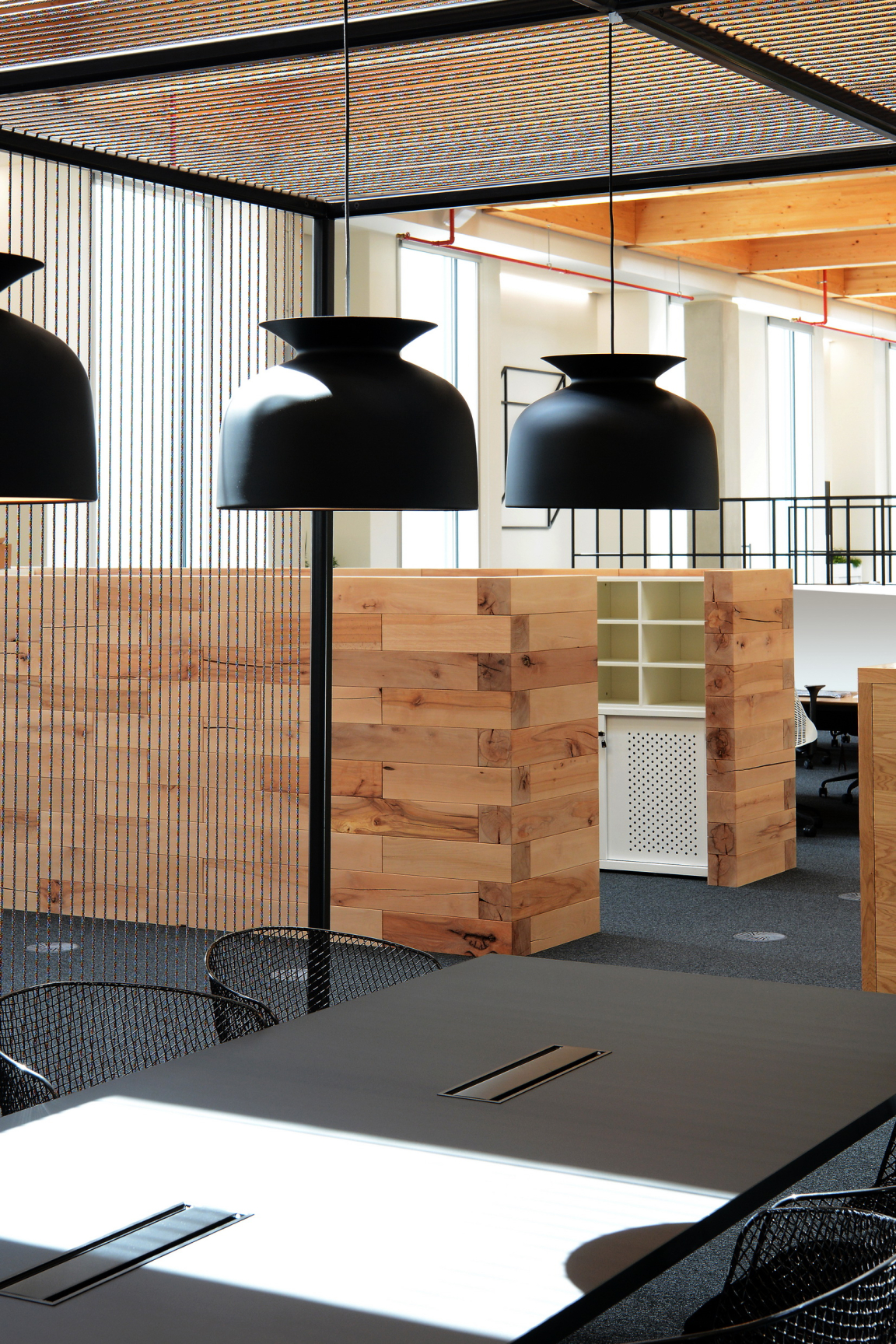
How important is sustainability?
"For us, wood is at the heart of everything we do. It’s a piece of the natural world that can be formed and shaped to enrich our lives. Founded in 1999 as a large top-quality hardwood operation with exports in over 30 different countries, we have evolved into an innovative maker of natural wood product designs to furnish the spaces we live in, or work in. Promoting sustainability through resource conservation and setting new standards for healthy eco-friendly products are how we do it.
"Our company processes and supplies solid wood products, which are a renewable, low energy, low environmental impact alternative to other conventional interior design products. The energy required to dry and manufacture our wood products comes from sawmill offcuts and wood residues, used as fuel in a biomass boiler. This approach allows us to ensure that almost nothing goes to waste. If consensus exists that making products from natural non-toxic materials is nurturing the environment, with CRAFTWAND®, this commitment is completed by the great responsibility towards the forest resource the material is taken from.
"It processes with precedence under-valued stocks, with no trimming or removals, as long as the wood’s innate strength is not compromised. Every knot, each squiggle in the grain, formed as the tree ages or gets injured, blemishes which scarred the tree during its life-cycle, are simply character-markers and count in resource conservation or in enhancing its economic value.
"When we developed the CRAFTWAND® system we took into consideration that the objects built with it have a maximal life span. We focused on the quality of the base material and on the possibility of easy disassembling and reassembling in order to provide options for extensions in use and function for when the initial intent and purpose of the design becomes obsolete. This is a product that one simply does not need to throw away, it can be reused (in the same configuration or a completely different one), rebuilt or sold.
"This last aspect is the core concept of a strategy, currently under development, in which we aim to implement a buy-back option for every project."
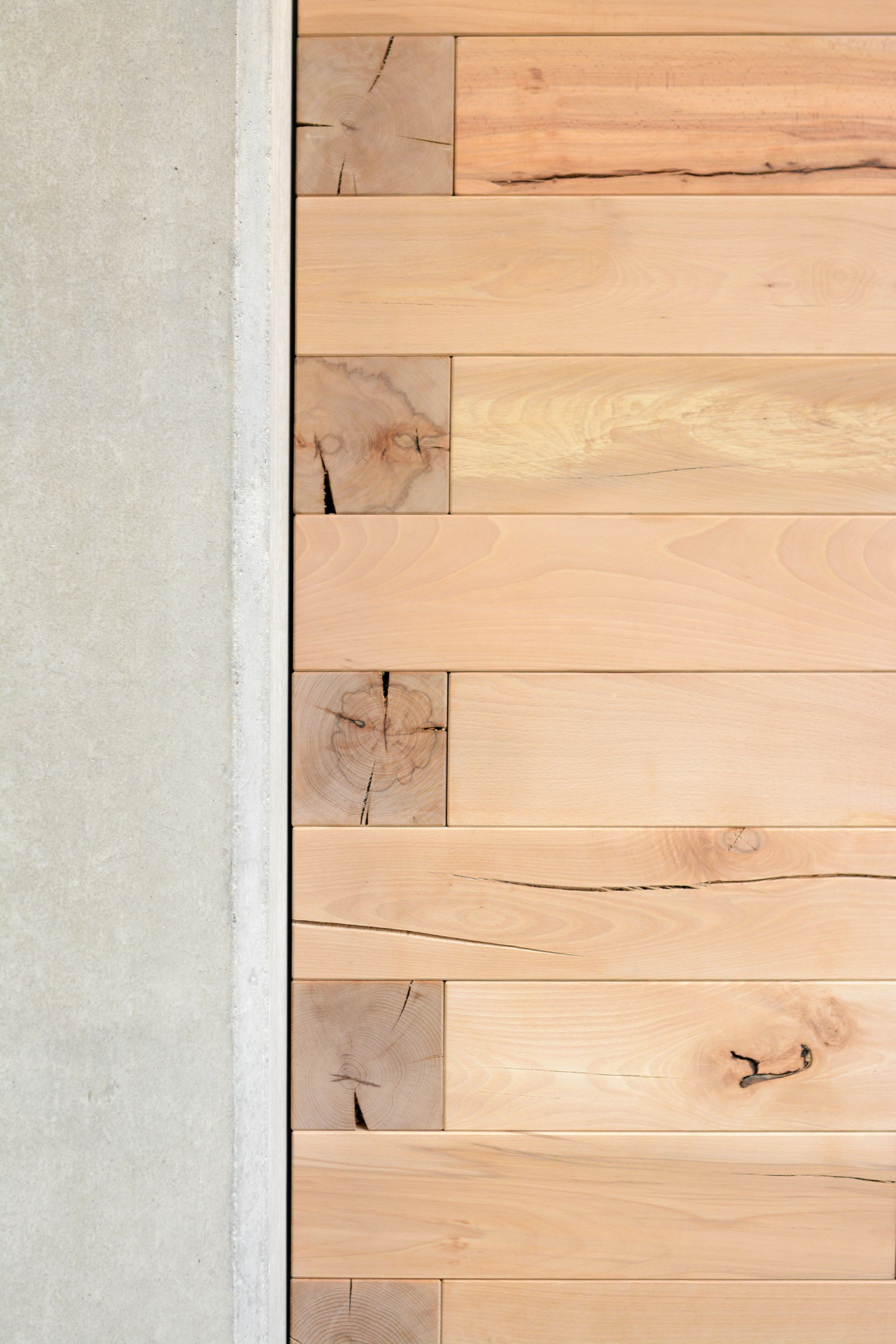
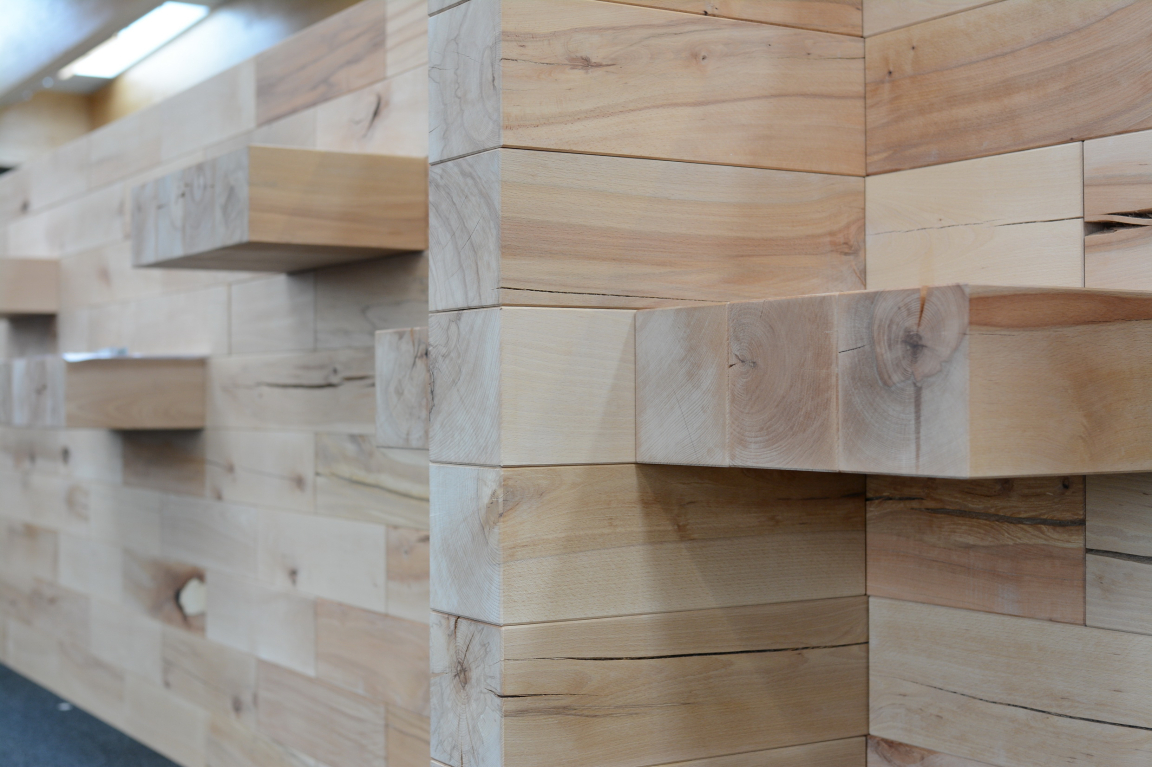
Are there any recent projects or product applications that you’re particularly proud of?
"The projects that we are most excited about were developed during the last 3-4 years and gave us even more confidence in the potential and suitability of our product. The oldest of these projects is the Sky Central project where we had the pleasure of working with the HASSELL Studio team who was in charge of the workplace design.
"Another great project is the Amazon Headquarters in Luxembourg, a project led by the same HASSELL Studio team, where we provided a set of dividers for buildings 12, 14, 16 and 18. This year we started a fruitful collaboration with the Knotel in-house design team."
Where do you source your materials?
"Our company is committed to purchasing logs and timber products from legal sources. We recognise that the independent certification of forests and the supply chain is the most useful tool for providing assurances that wood comes from legal and sustainably managed forests. That‘s why our raw material procurement is heavily biased towards the forests of county Caras-Severin in Romania, which are all certified under the FSC® certification scheme."
The company was founded in 1999, how has the manufacturing industry changed in that time?
"For many years our company was one of the leading producers of solid wood panels in Eastern Europe, but the commodity market has changed a lot since 1999 and social, economic and environmental pressures, both local and global, forced us to rethink our strategy and our product range. This is why we decided to prioritise our design focused products like CRAFTWAND®, but not only this – it’s also worth mentioning our naturesystems™ line, which consists of solid wood furniture and a decorative surfaces program."
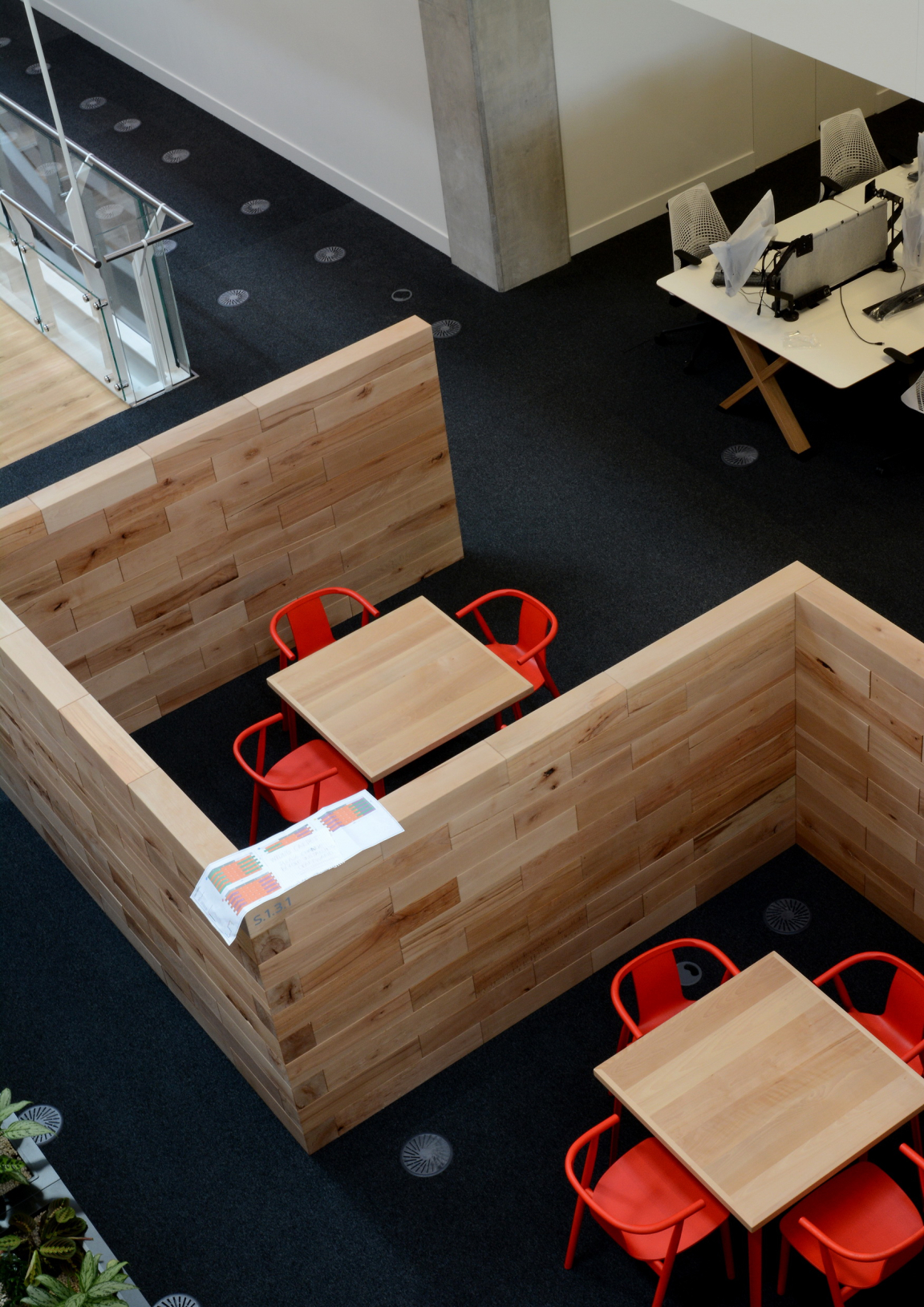
What are you currently working on?
"Currently we are developing an extension of our patented system that will provide more options regarding textures, colours and – maybe most importantly – weight reduction.
"In parallel with the product development we are hard at work on increasing our visibility in the UK for which we are redesigning our website and we opened a CRAFTWAND® showroom at the Building Centre in London."
And what’s next for CRAFTWAND®?
"The future looks bright that is for sure! We are trying to make the best out of the opening of our showroom in London, because we are confident that we have one of the best interior design solutions available out there; we just need to increase our reach and make our system known to the design community."


